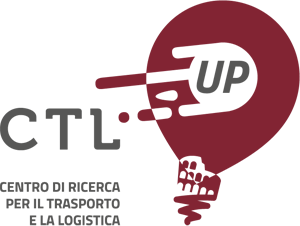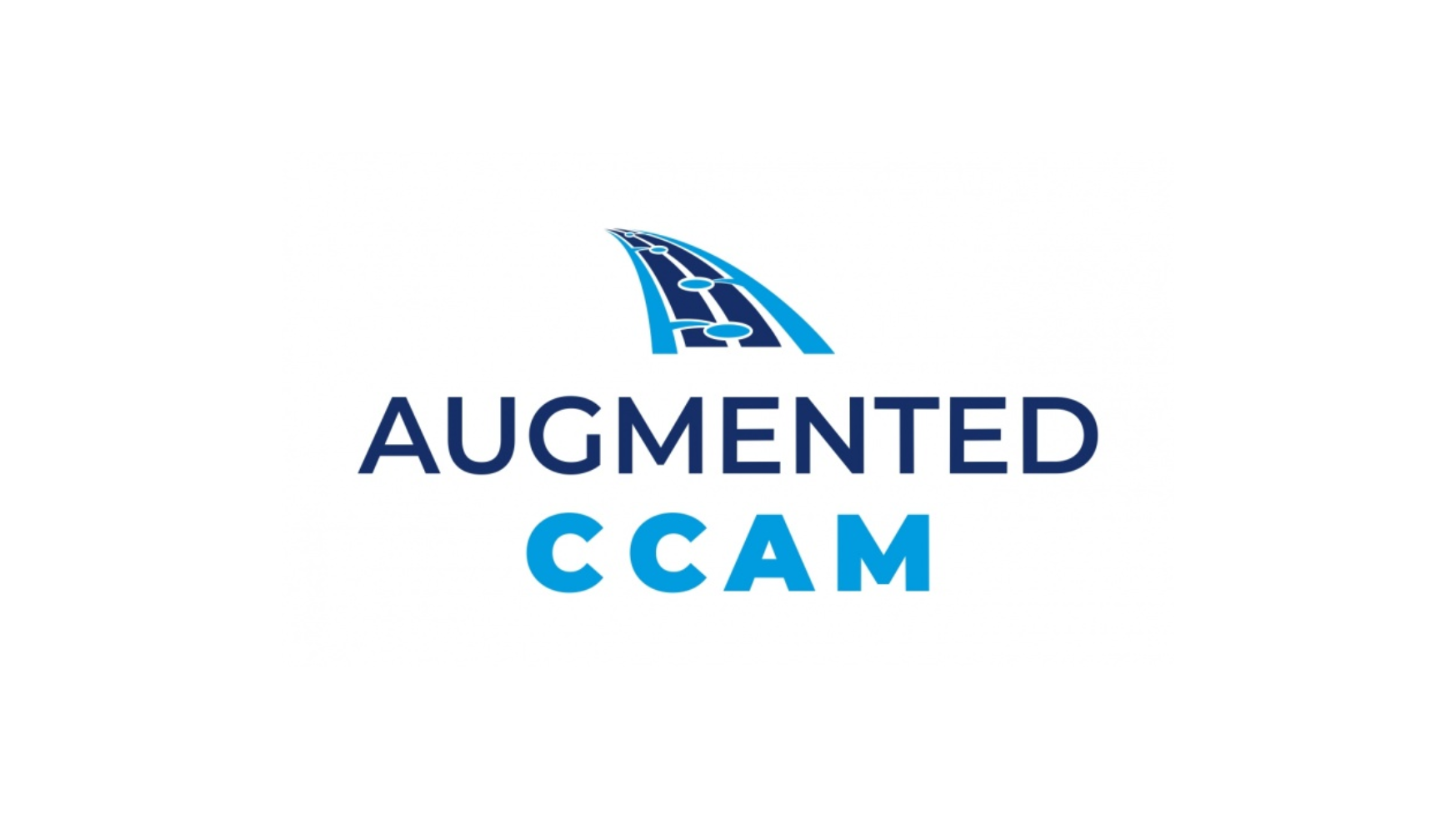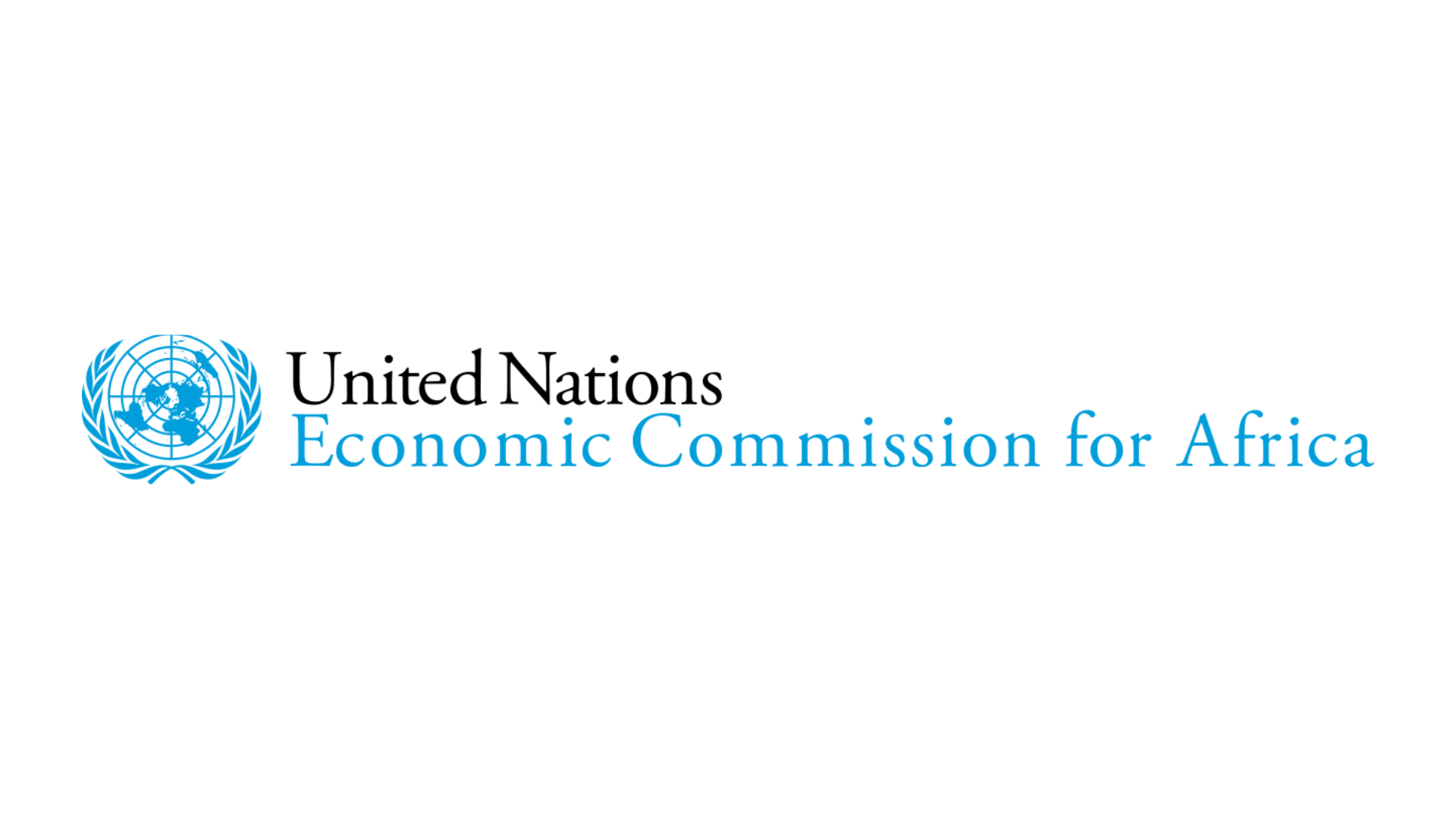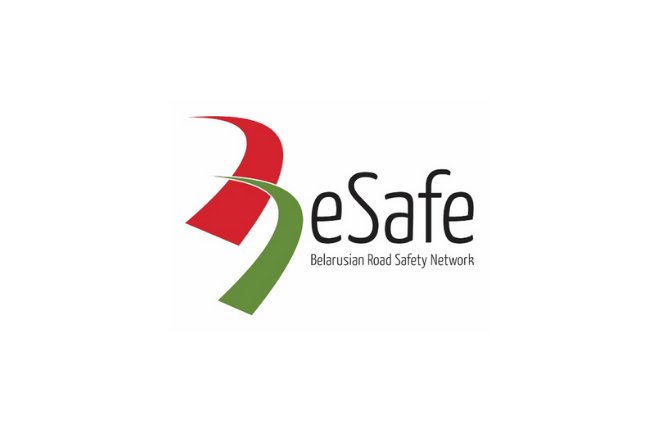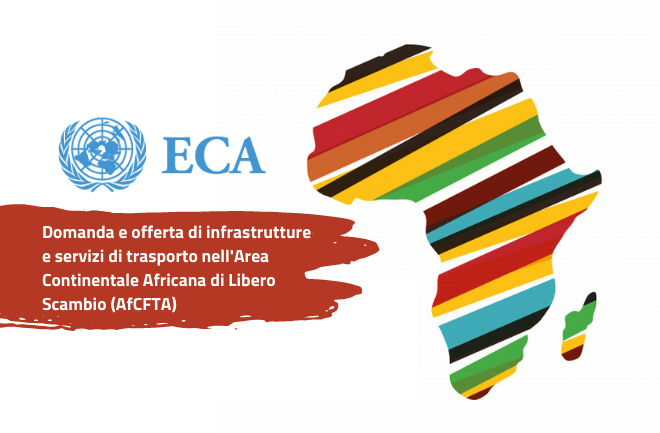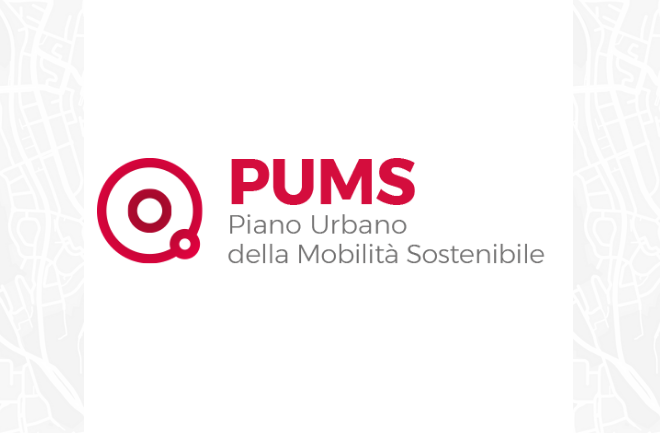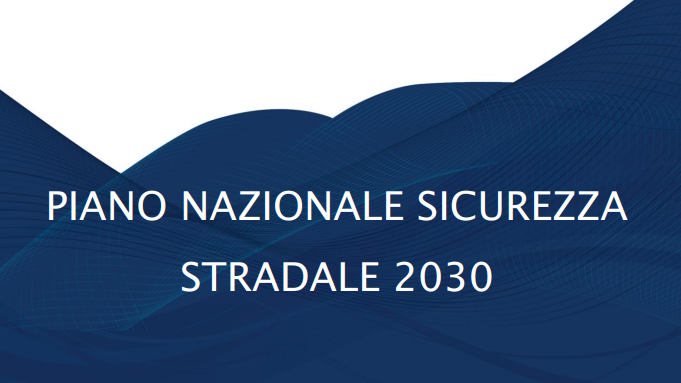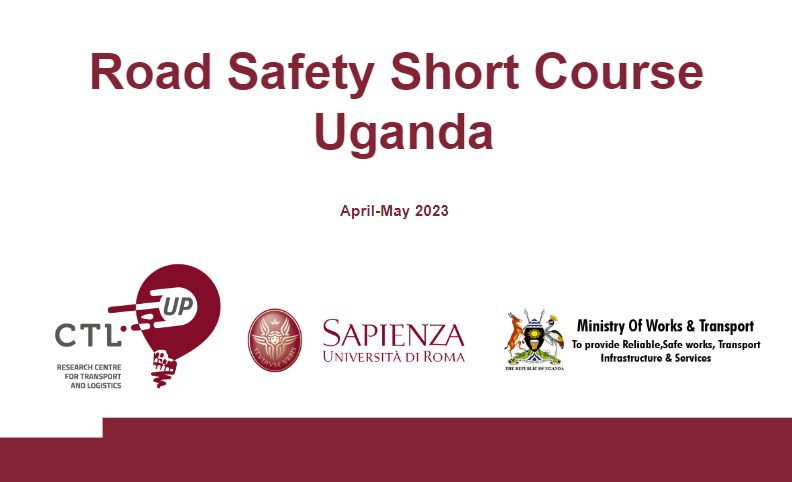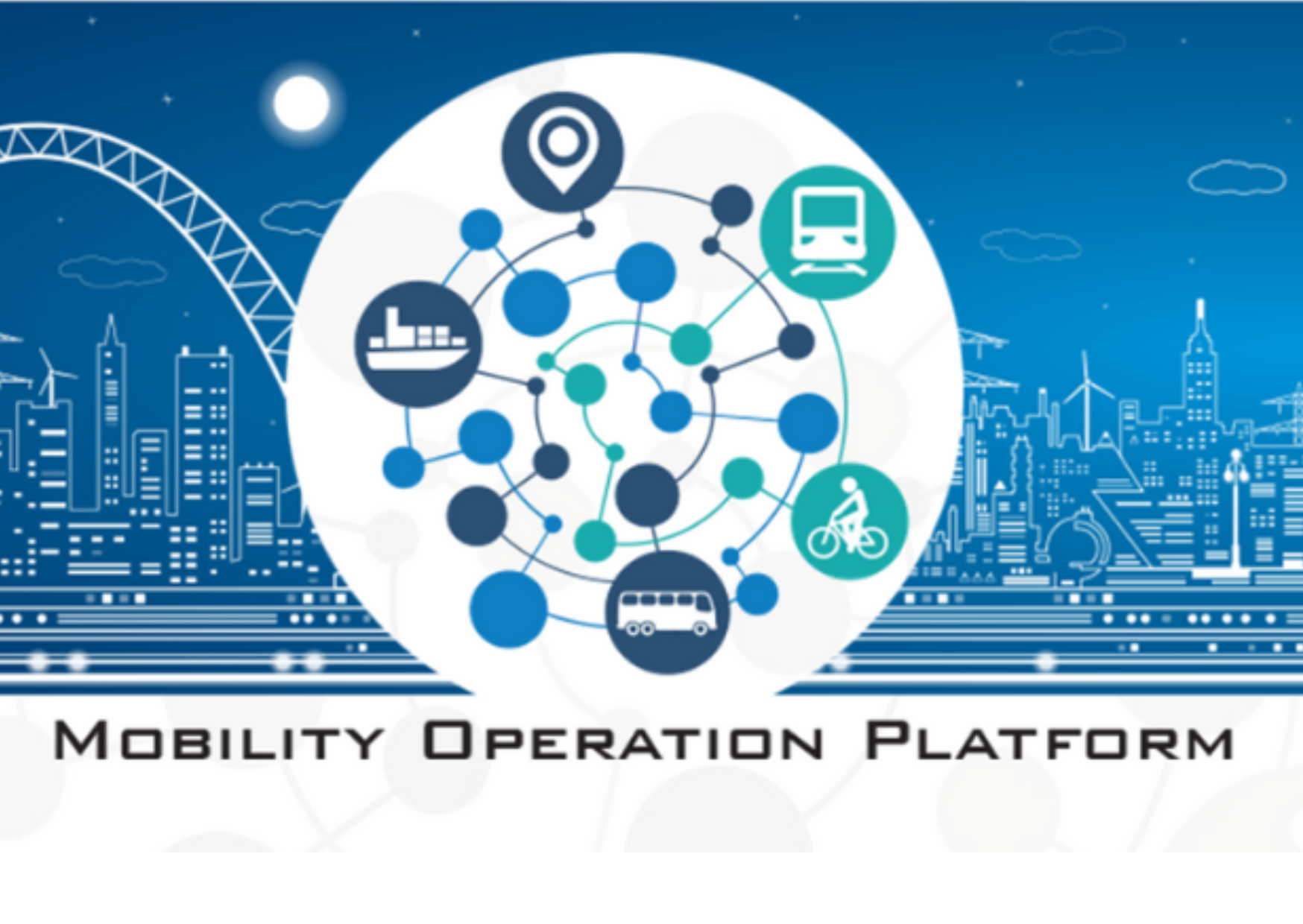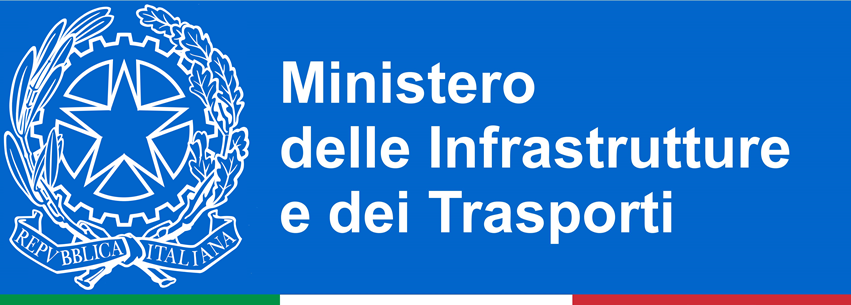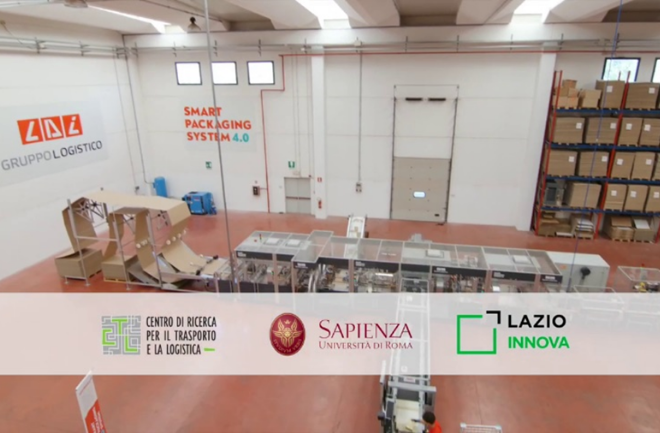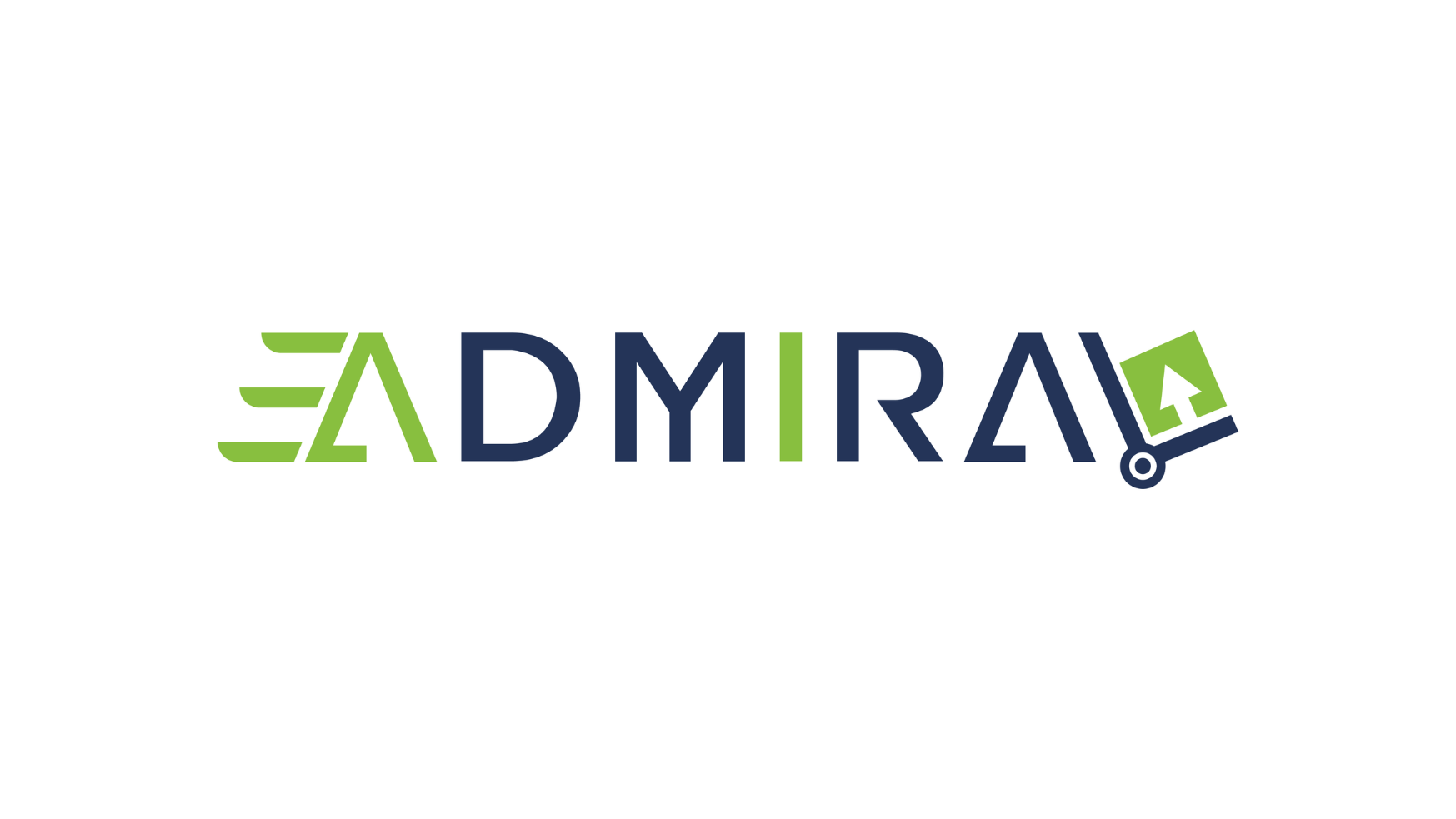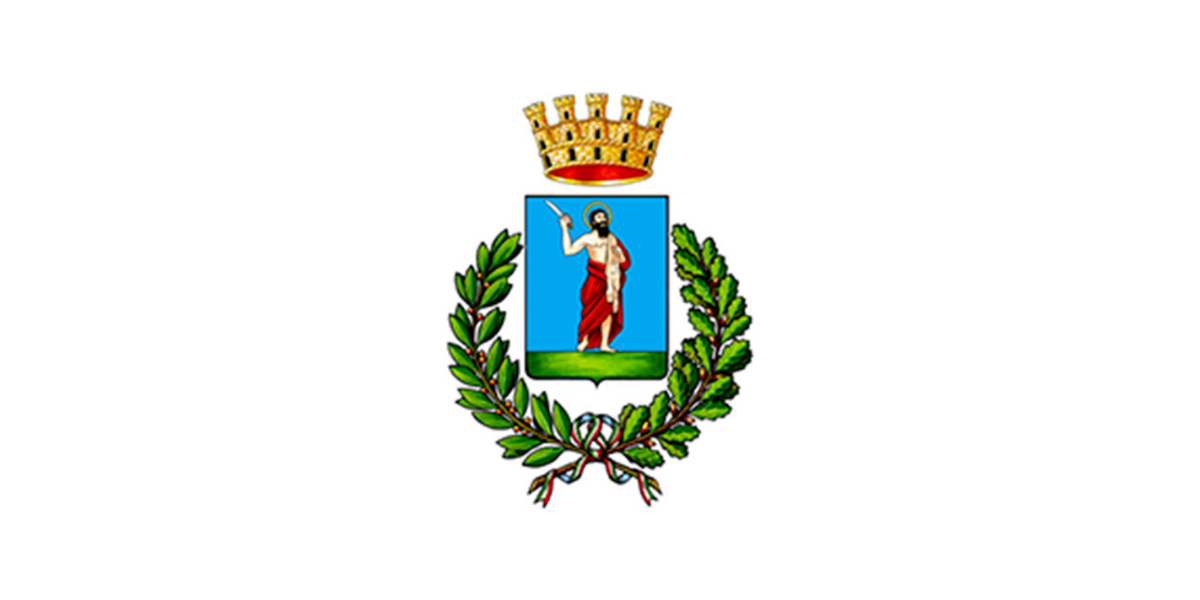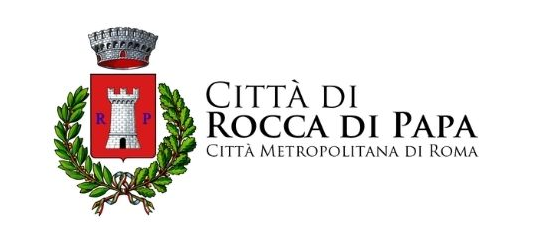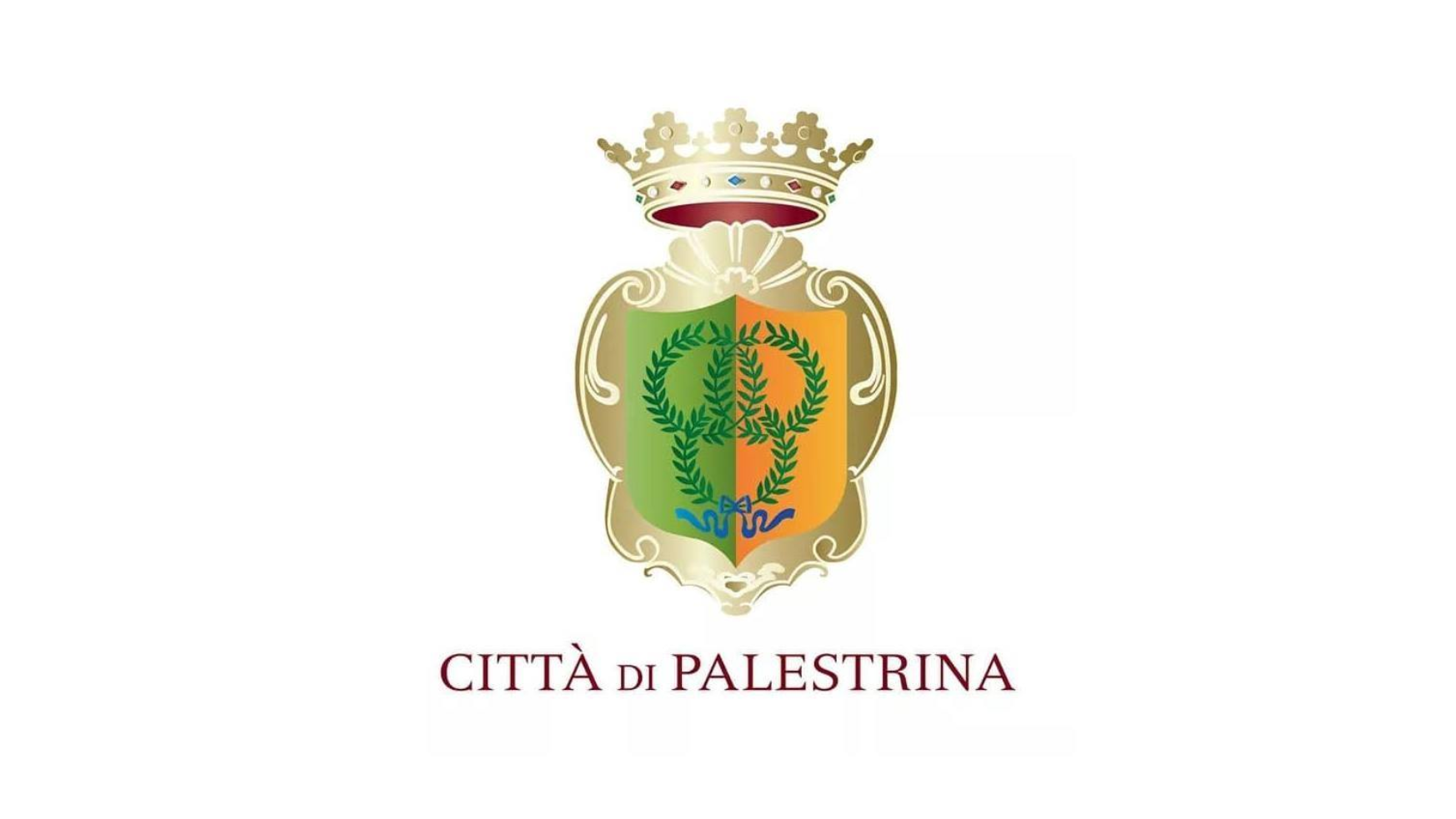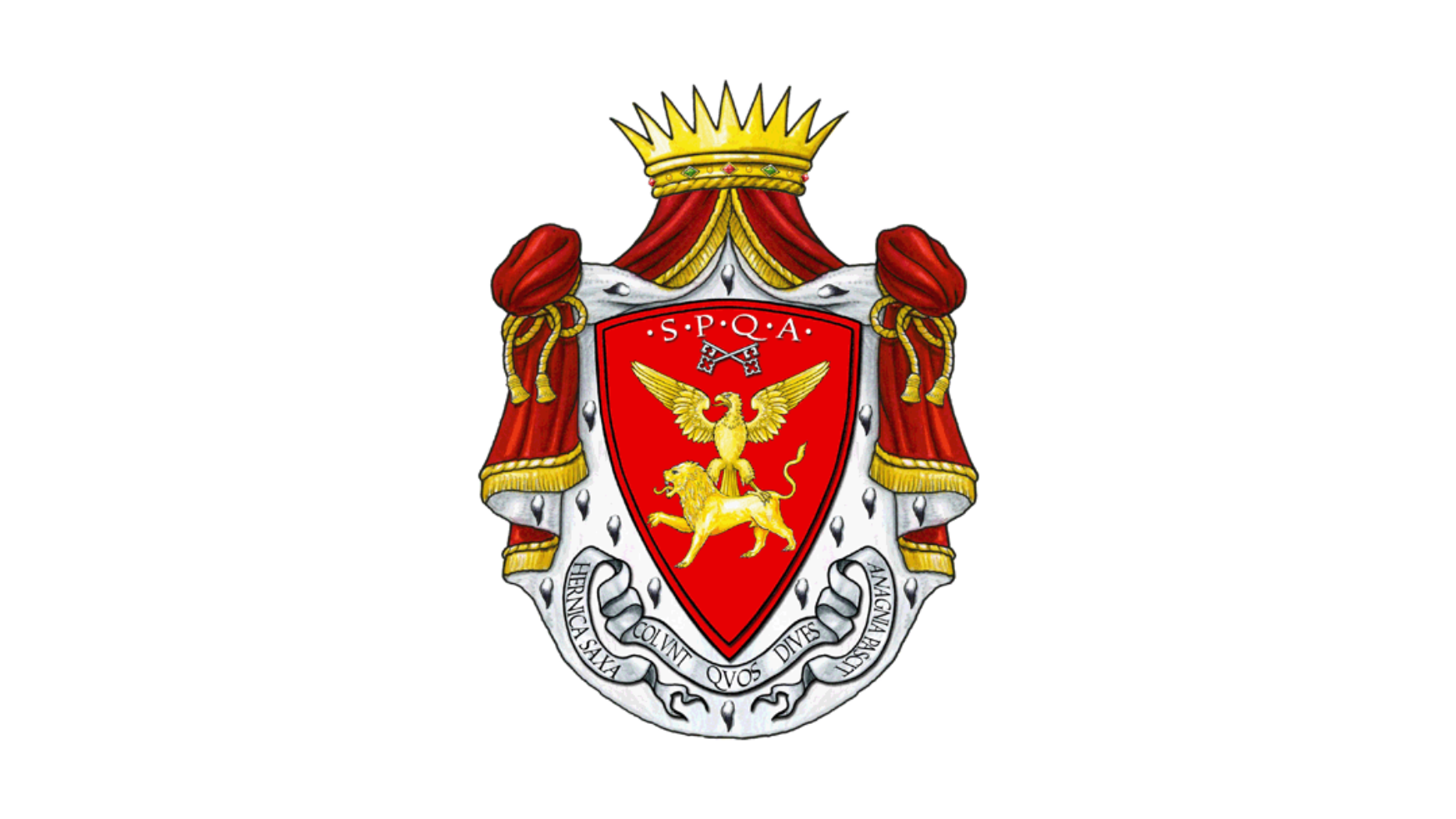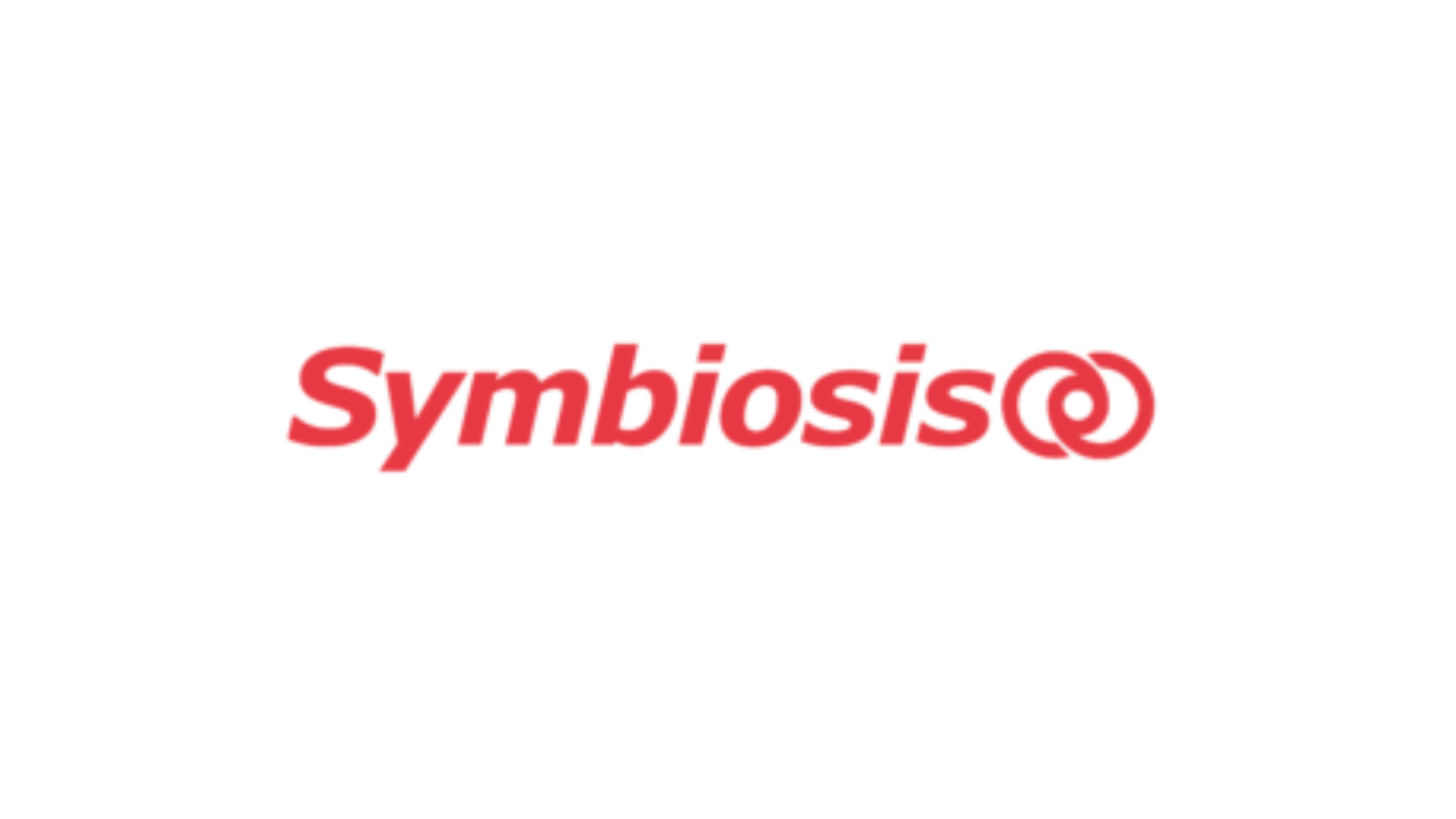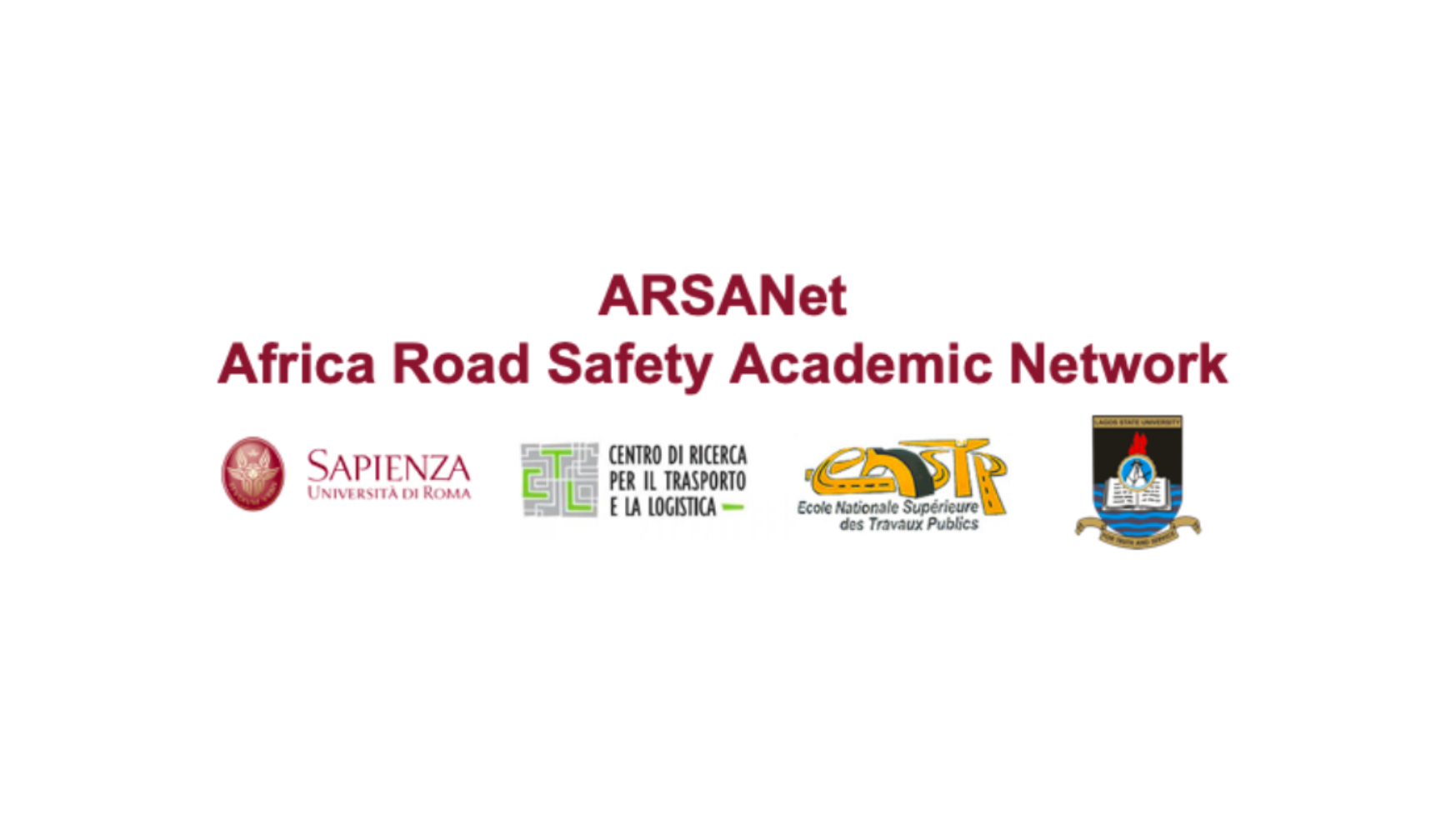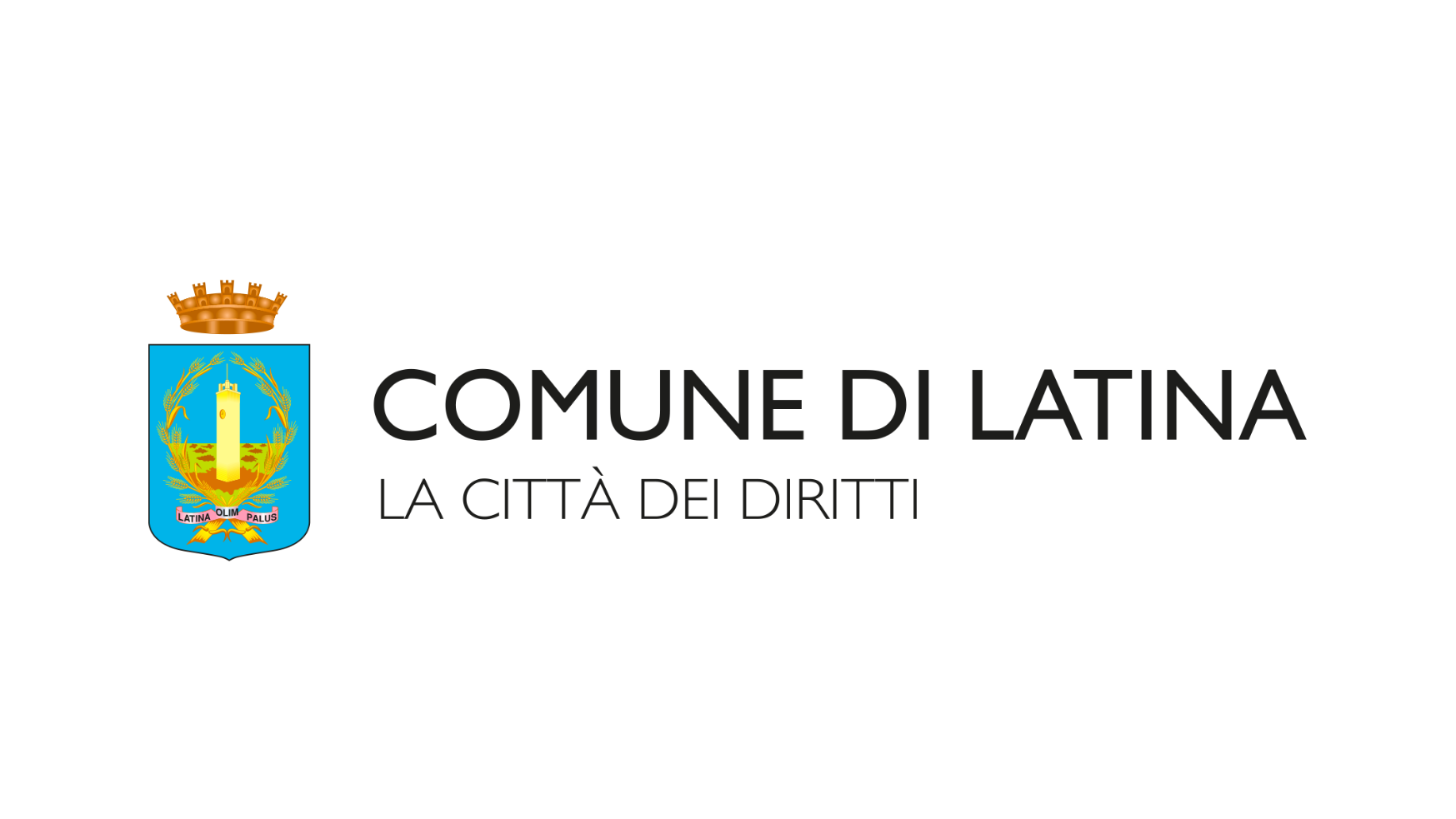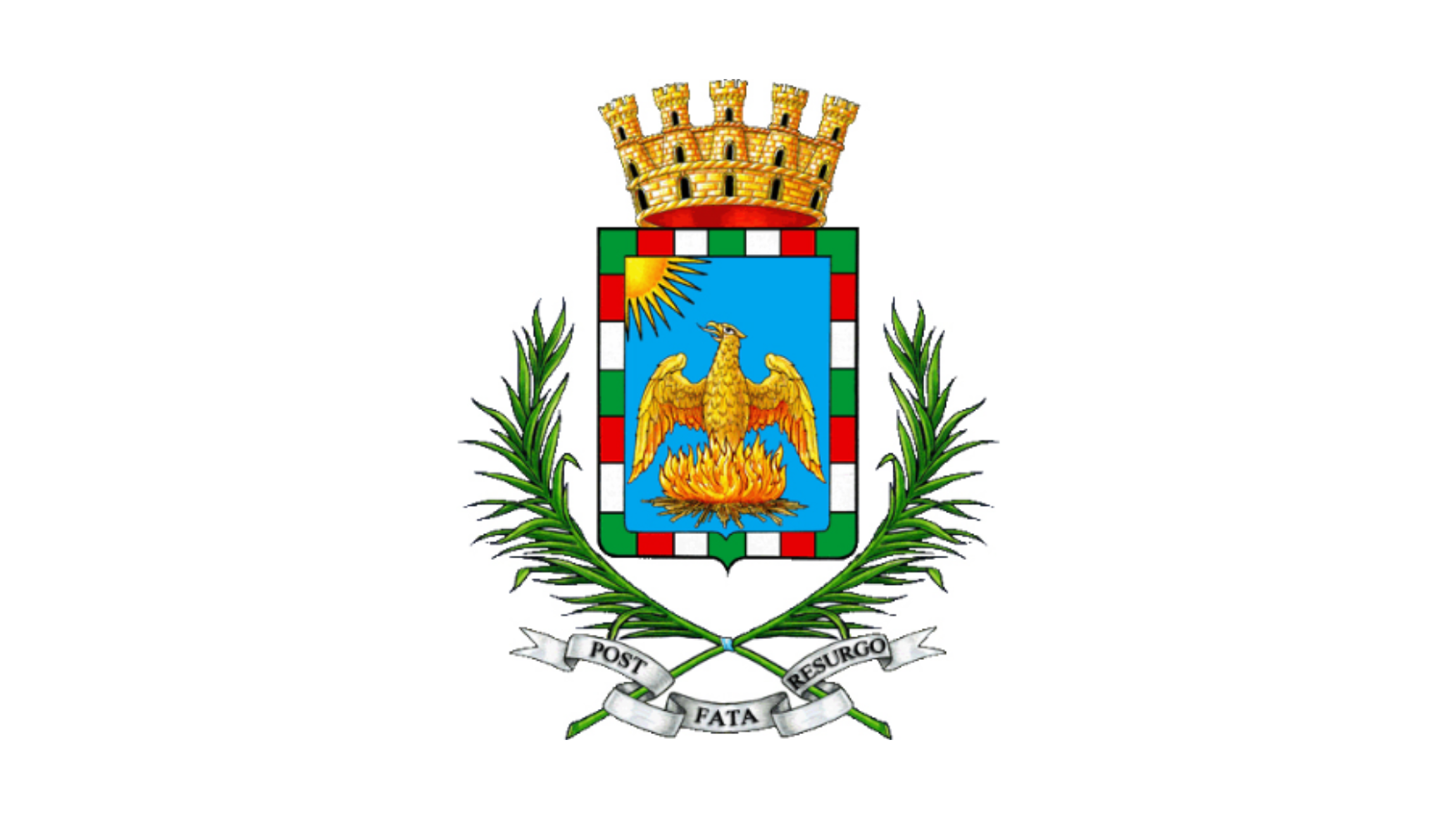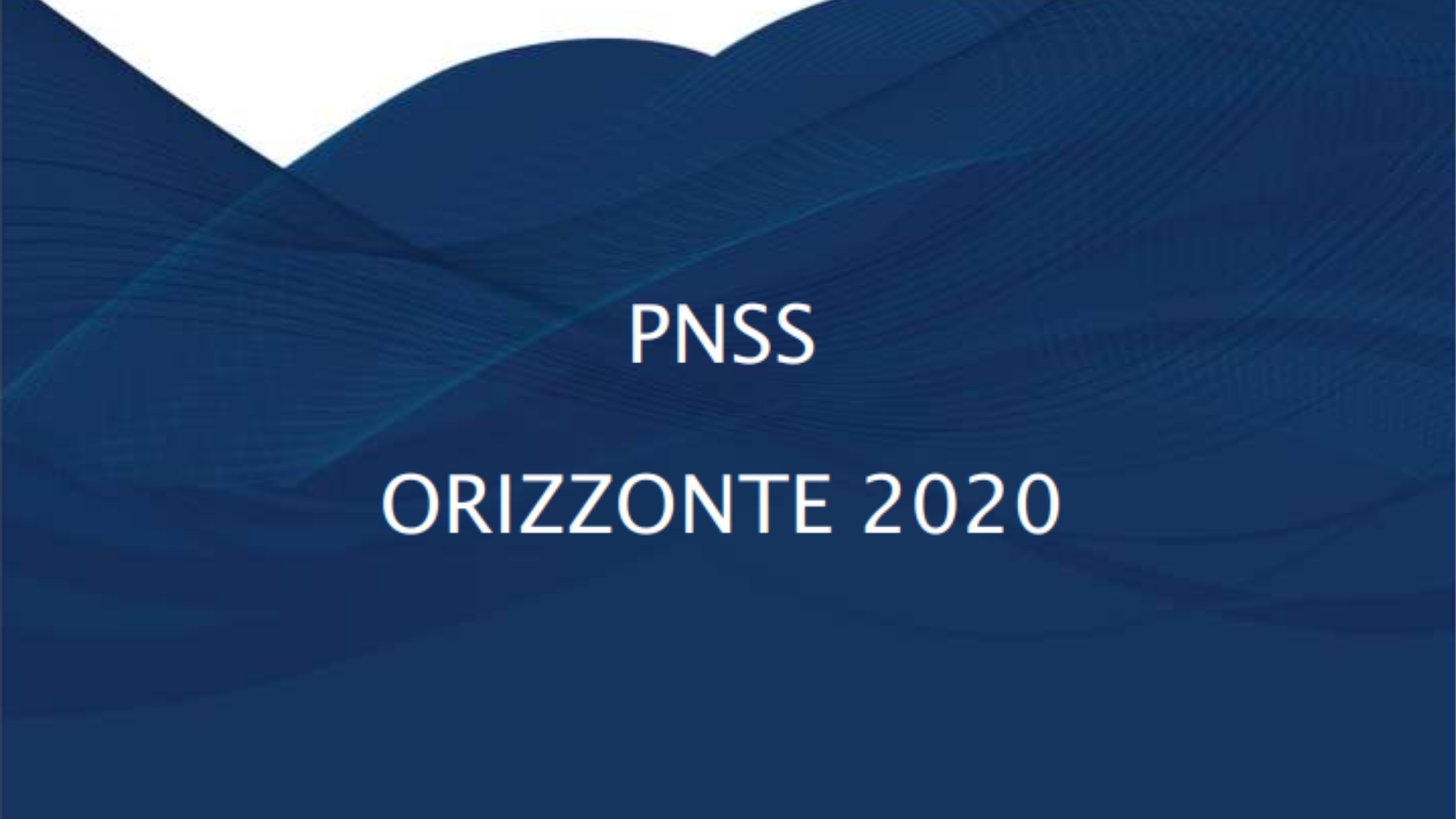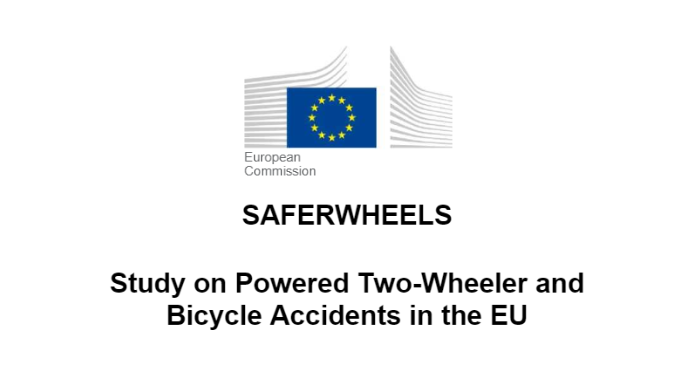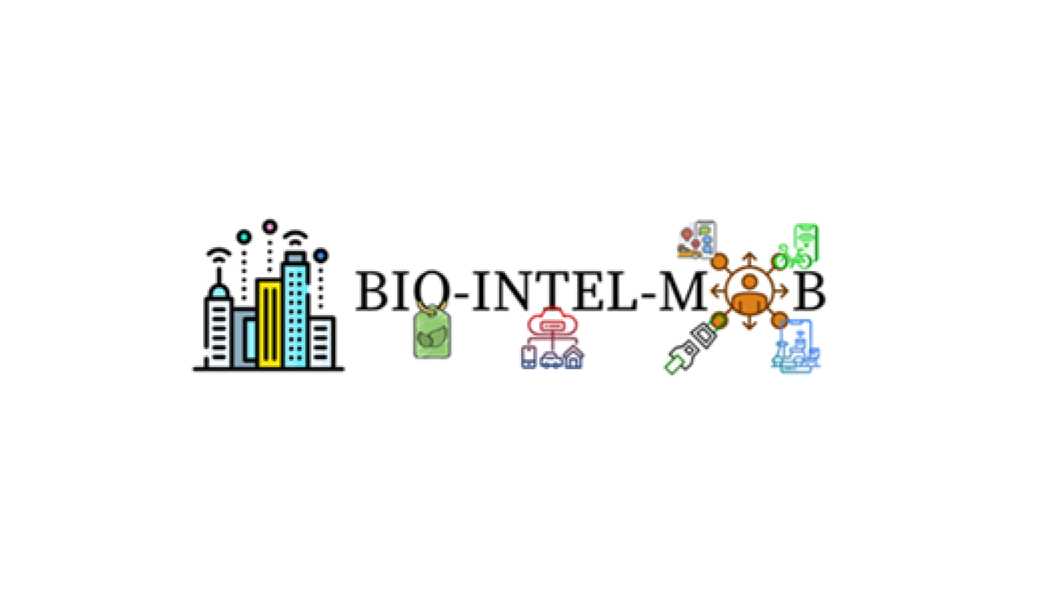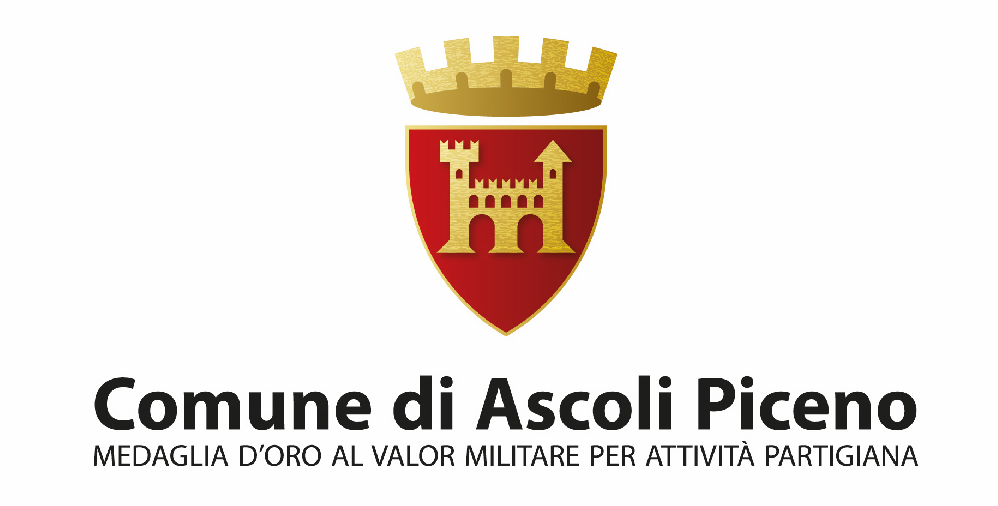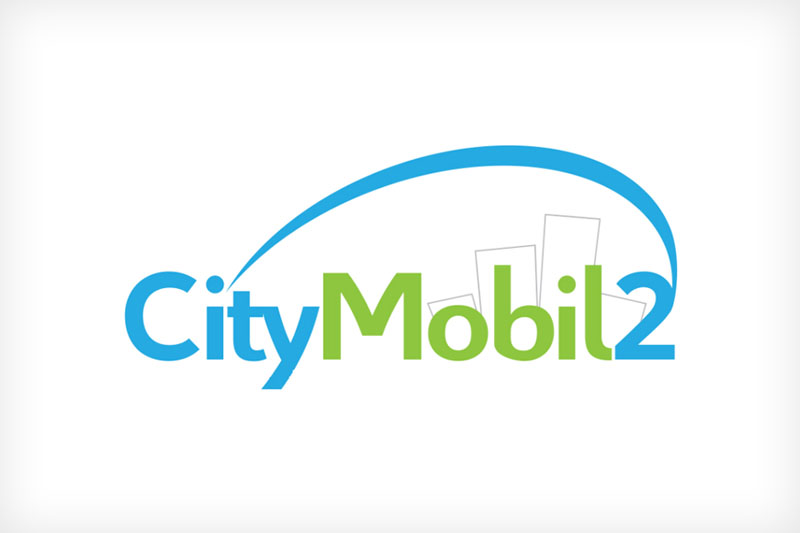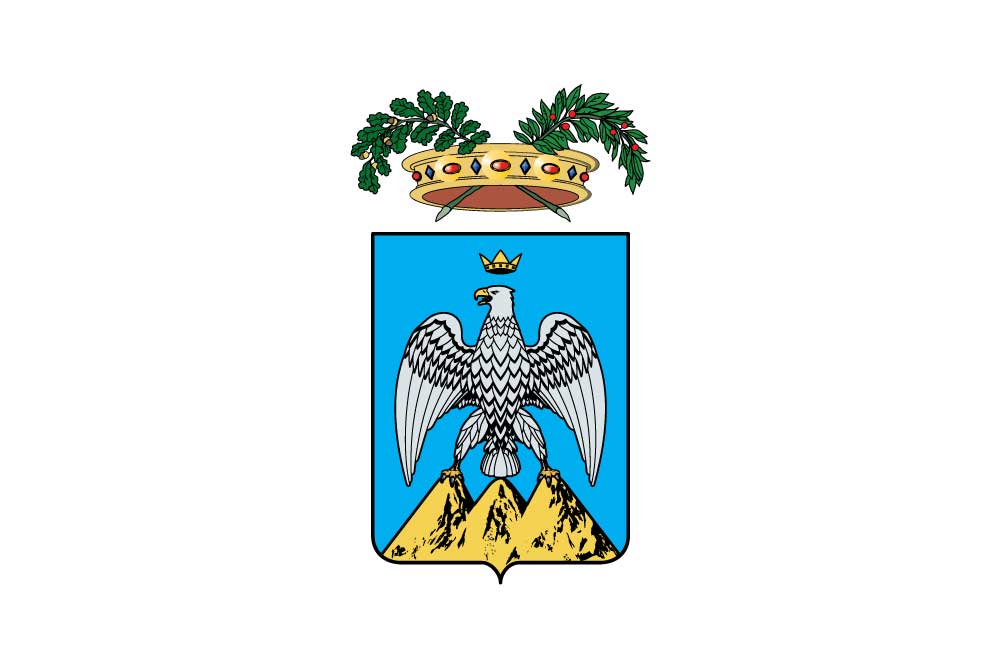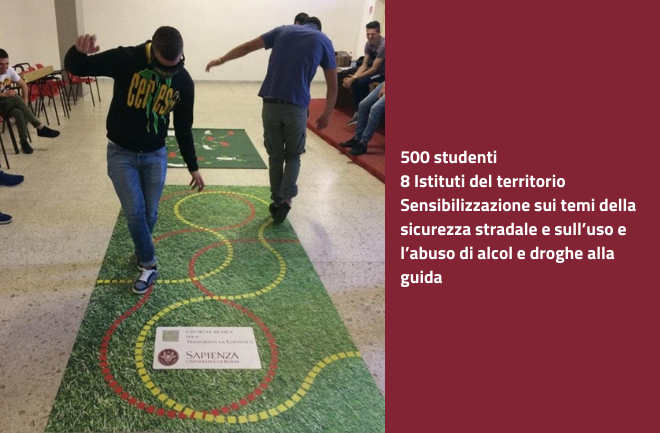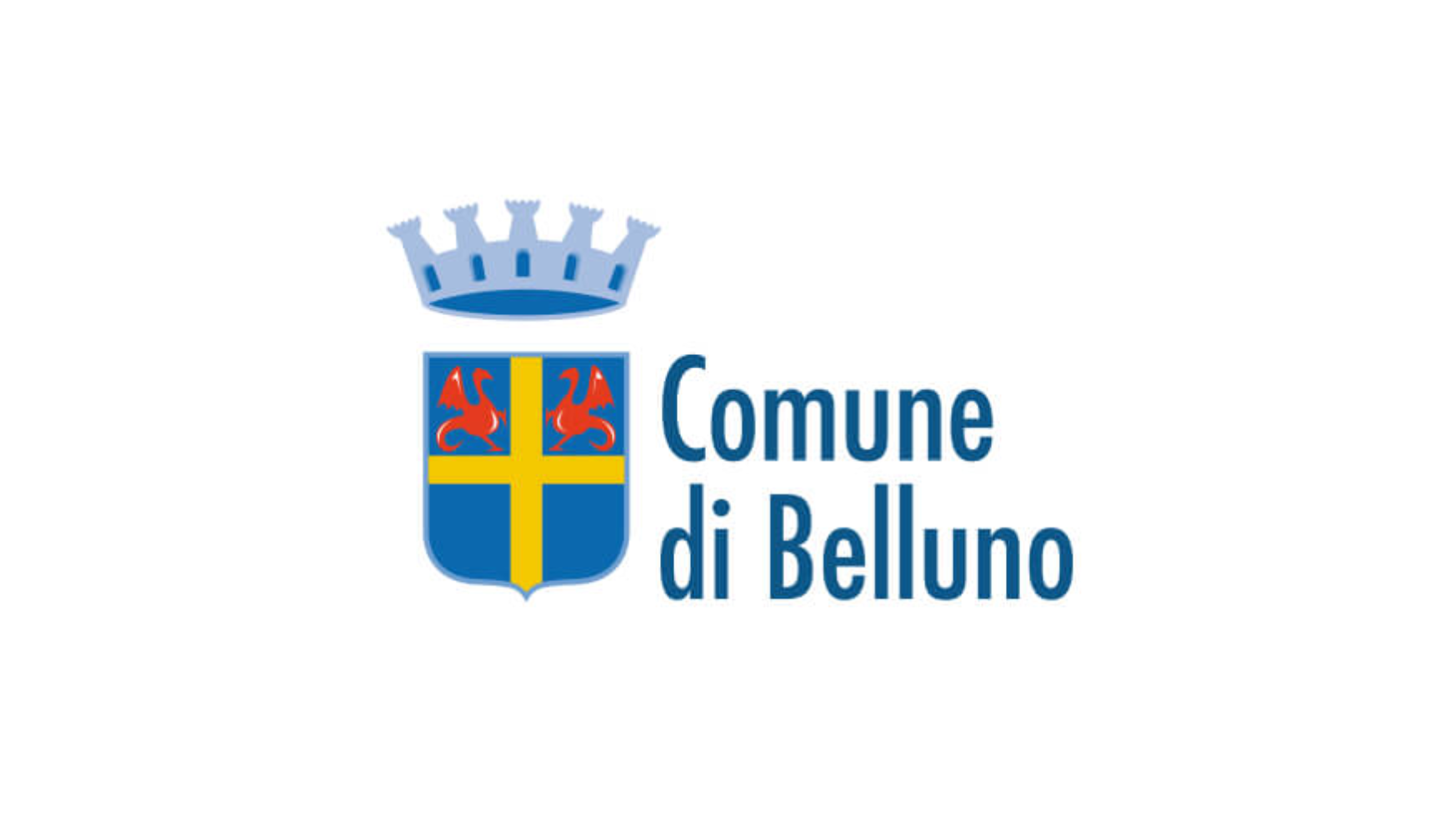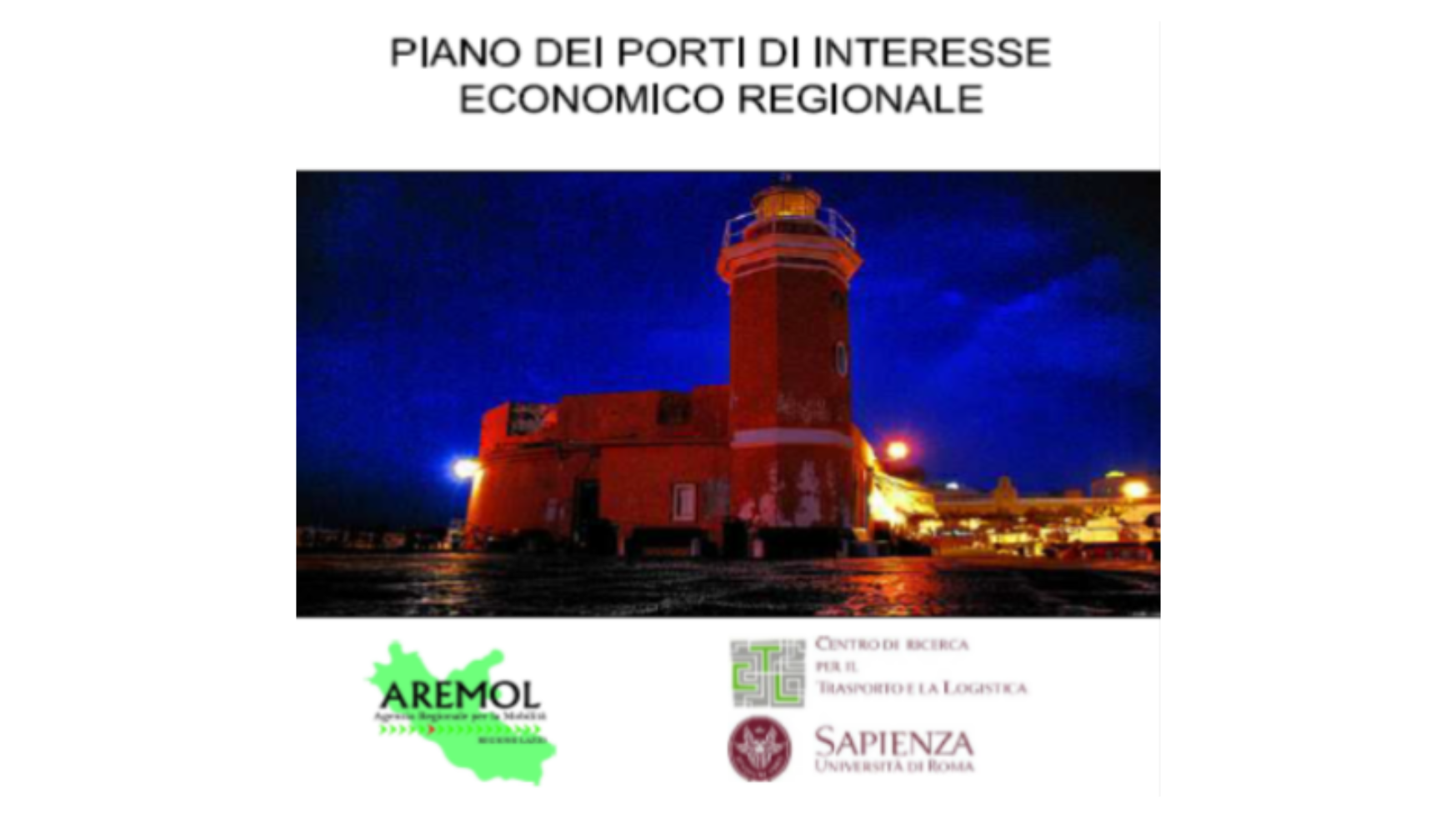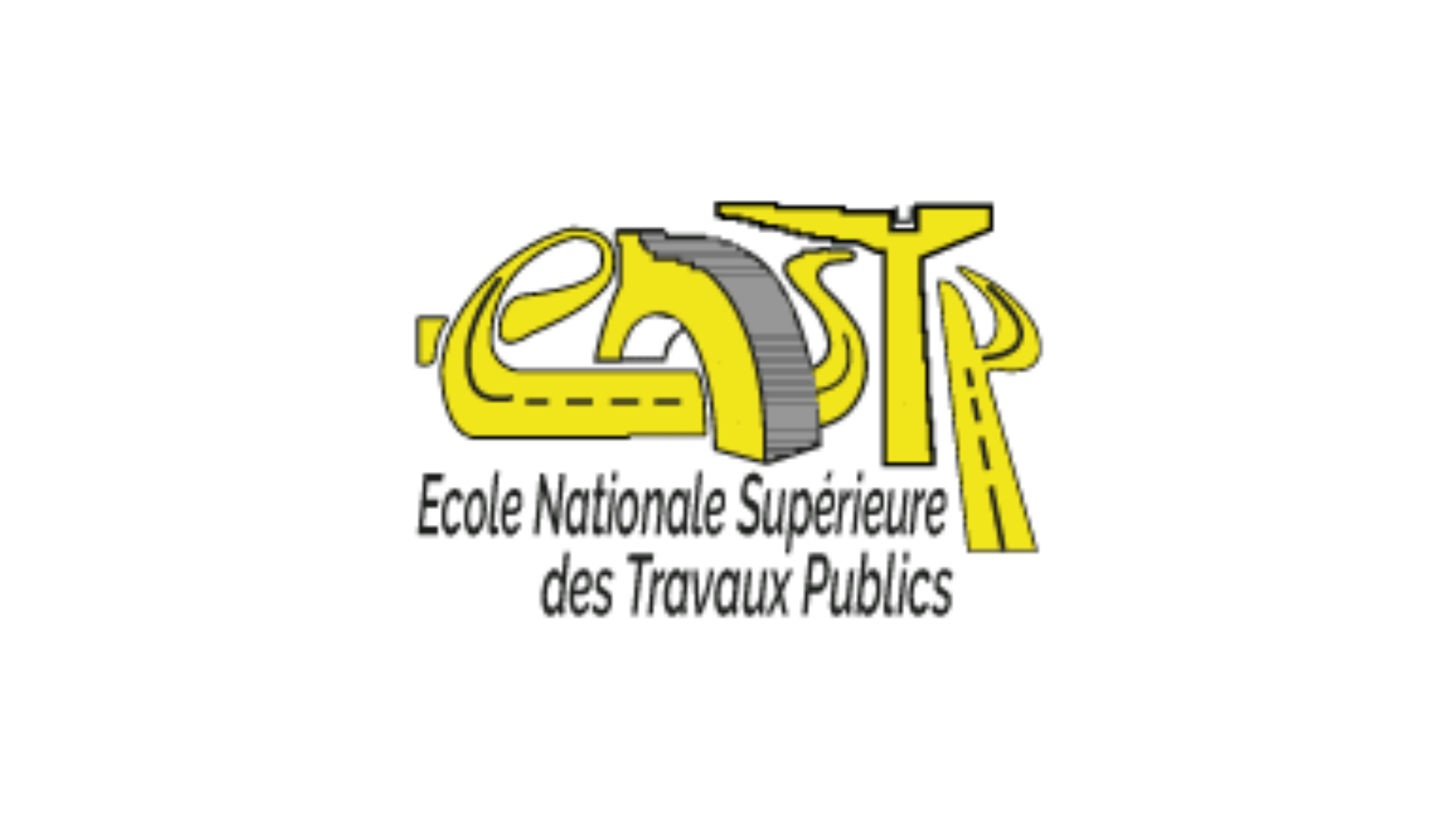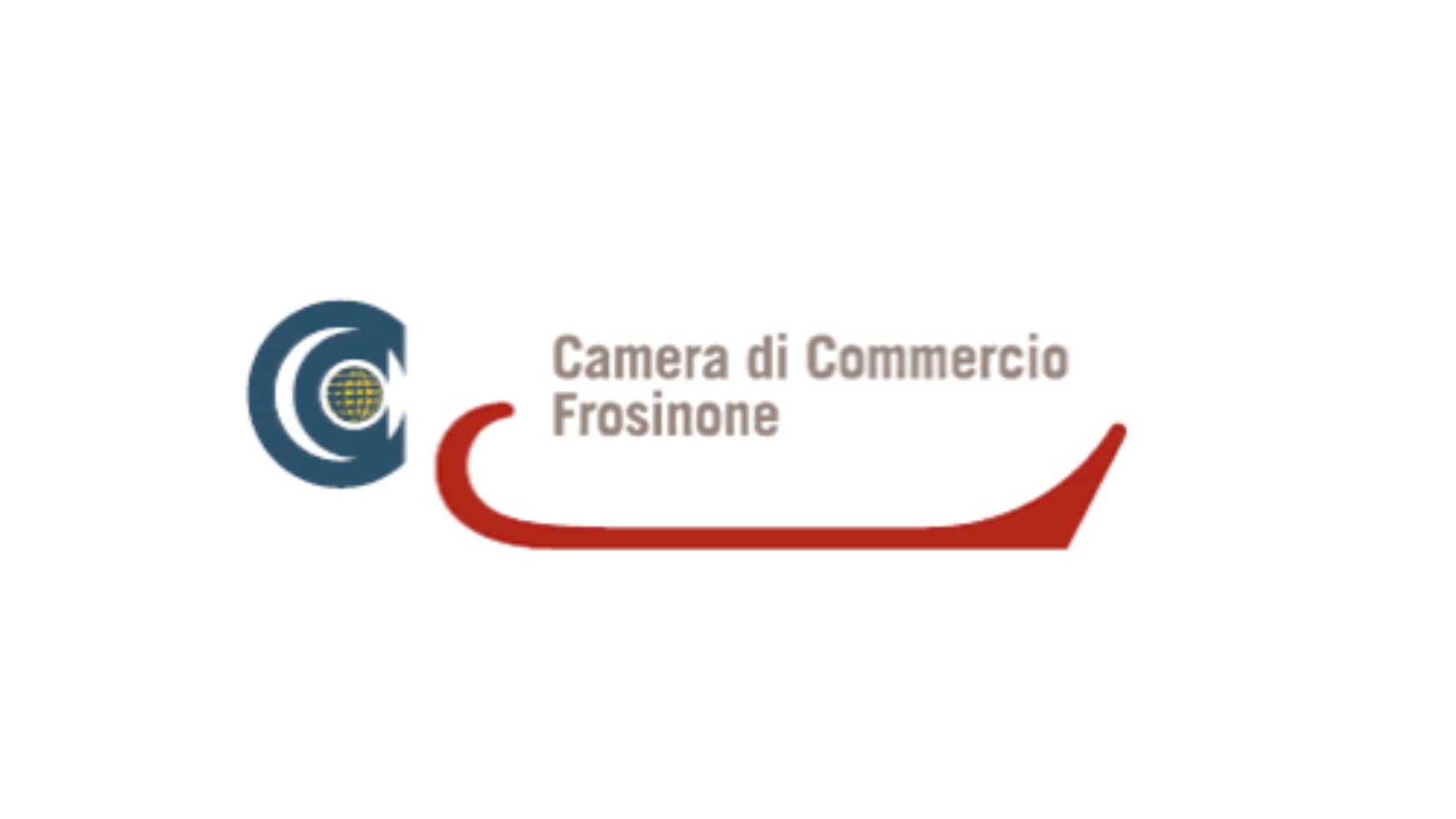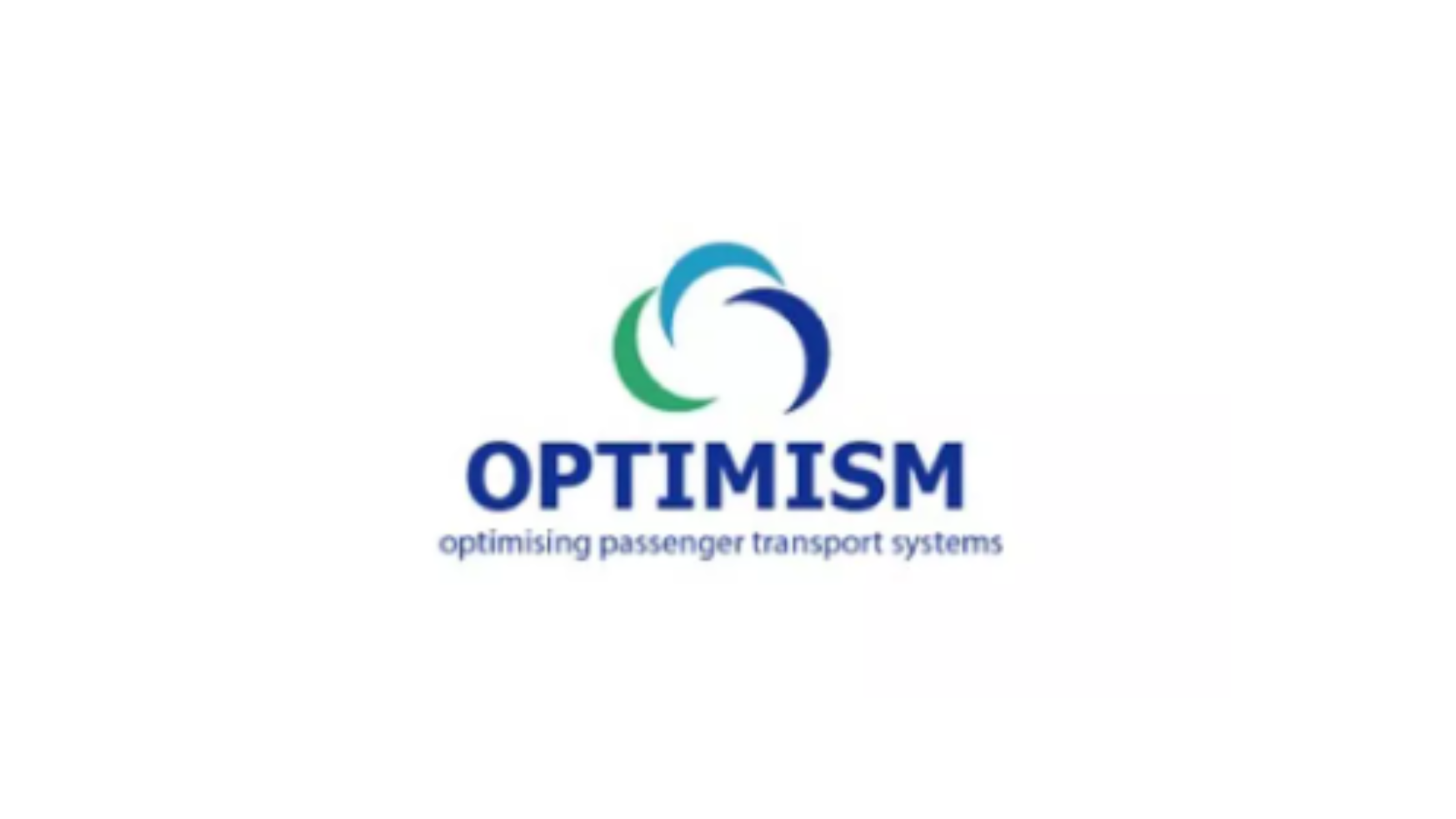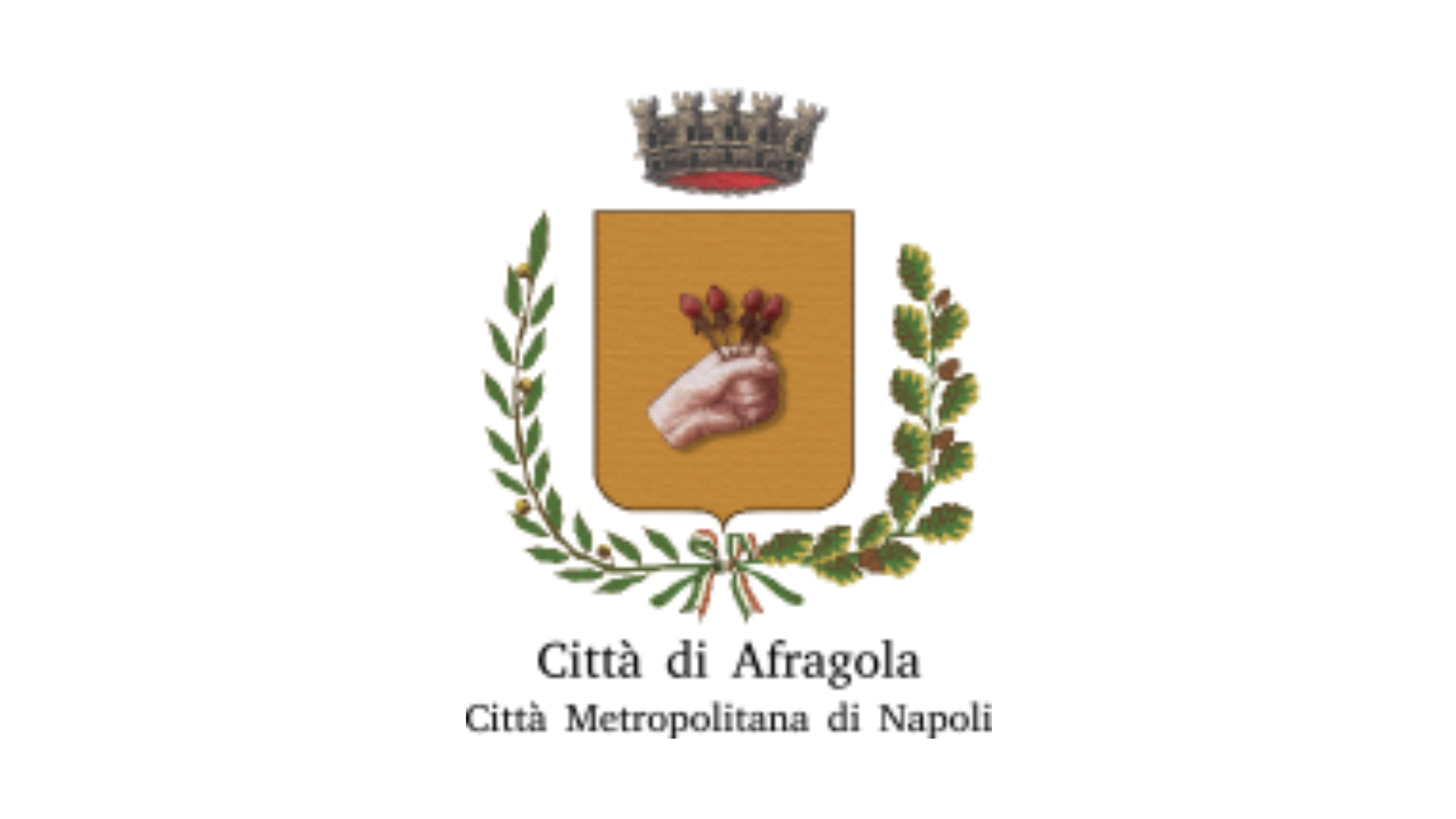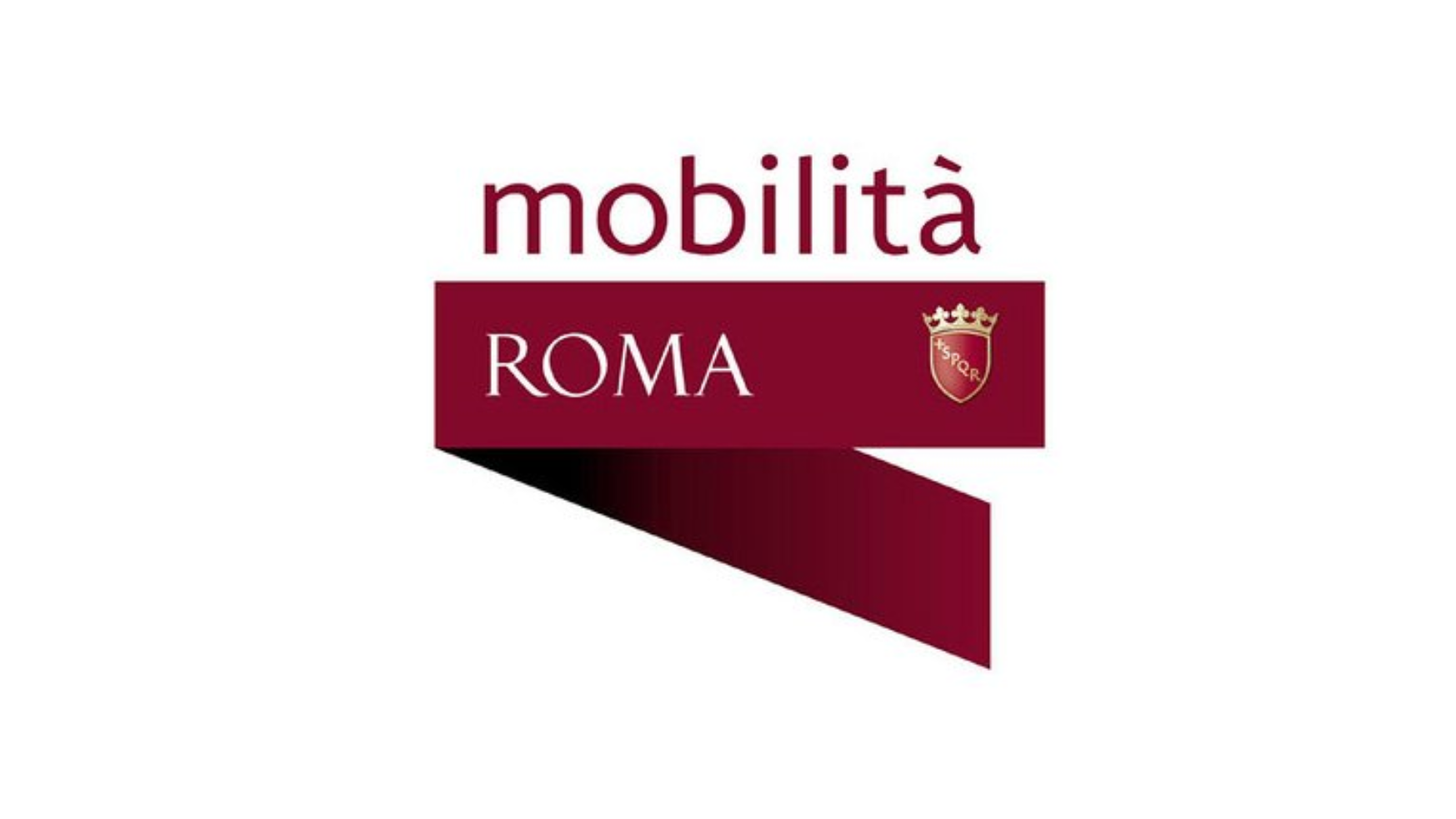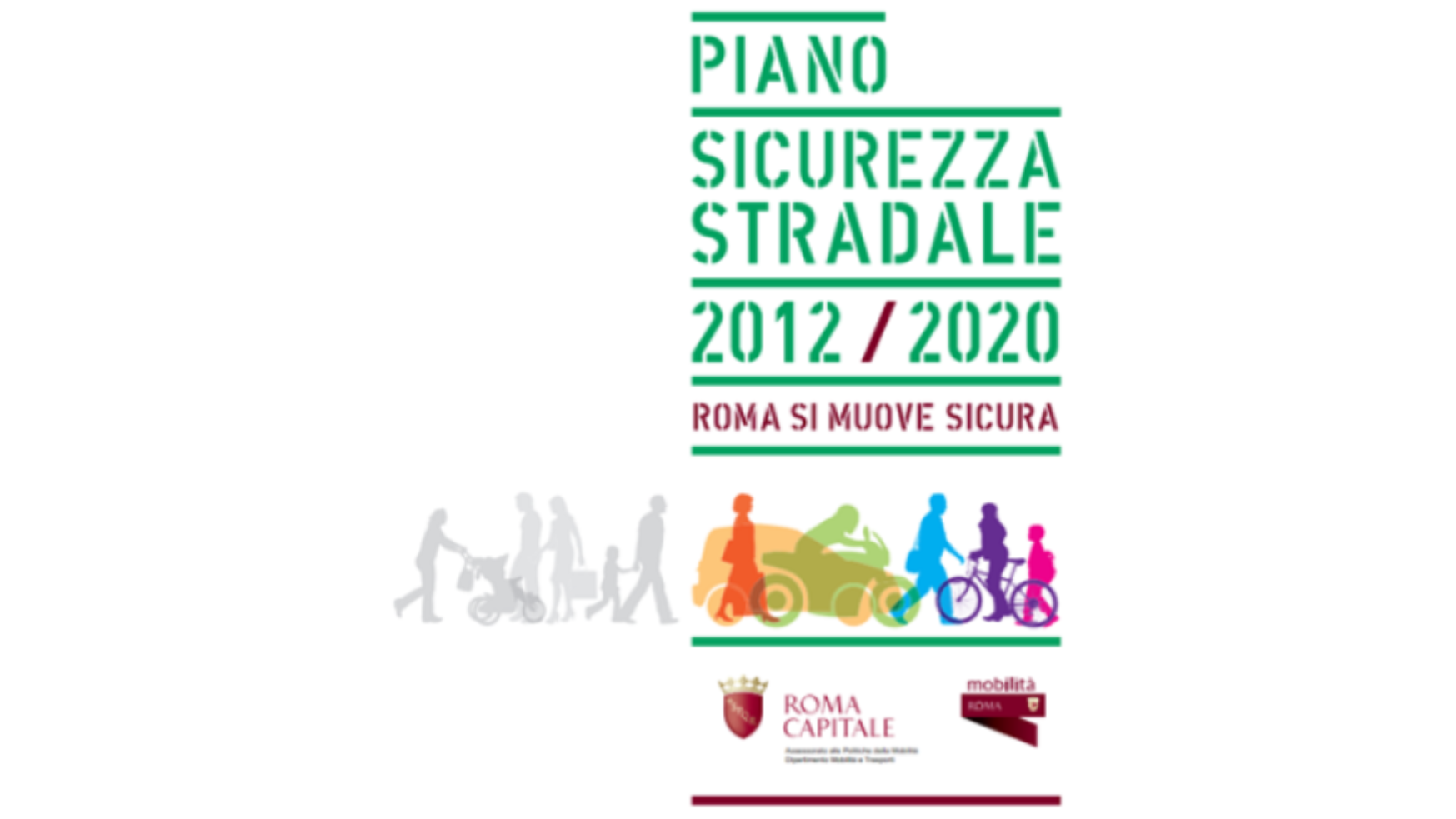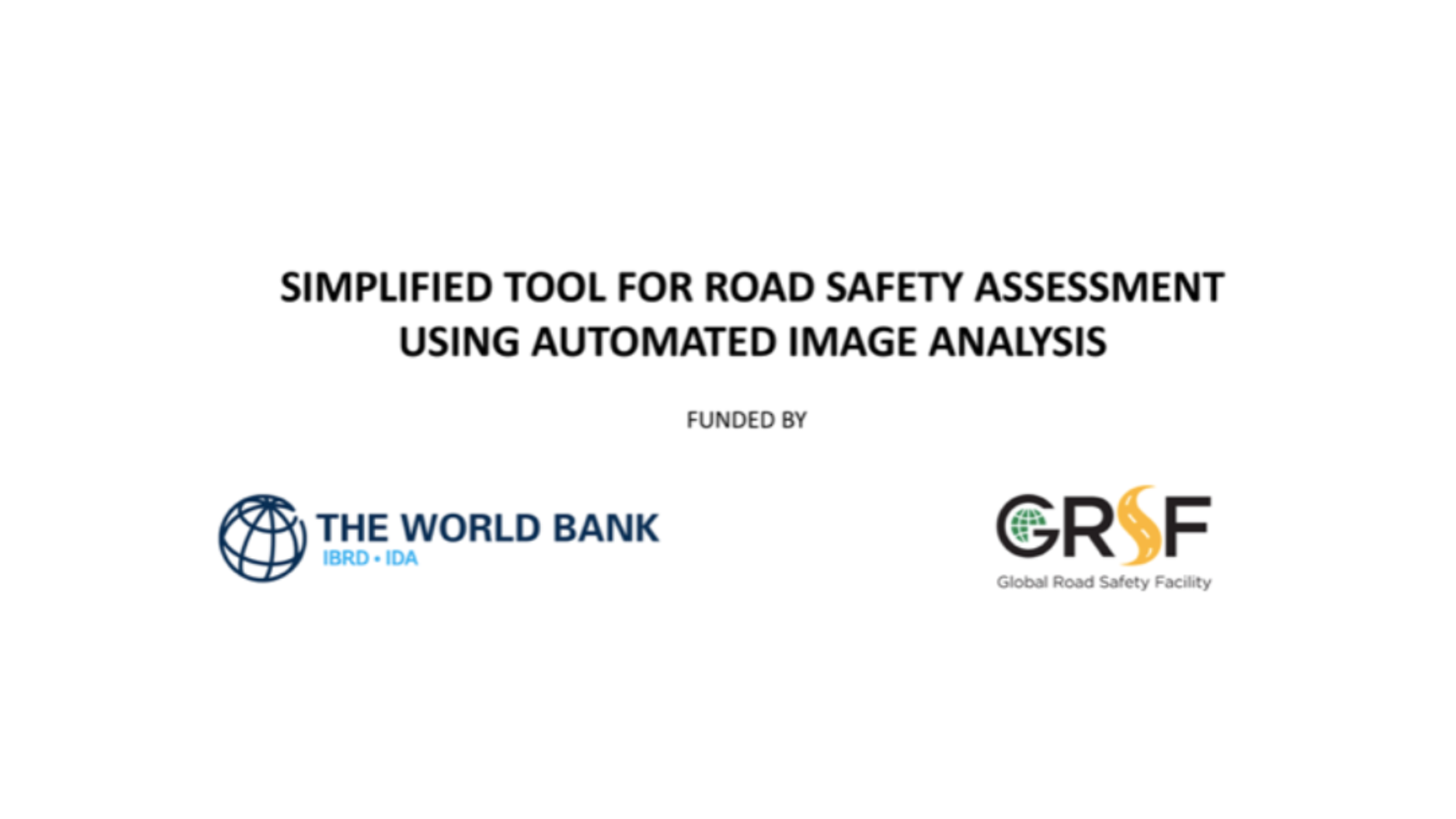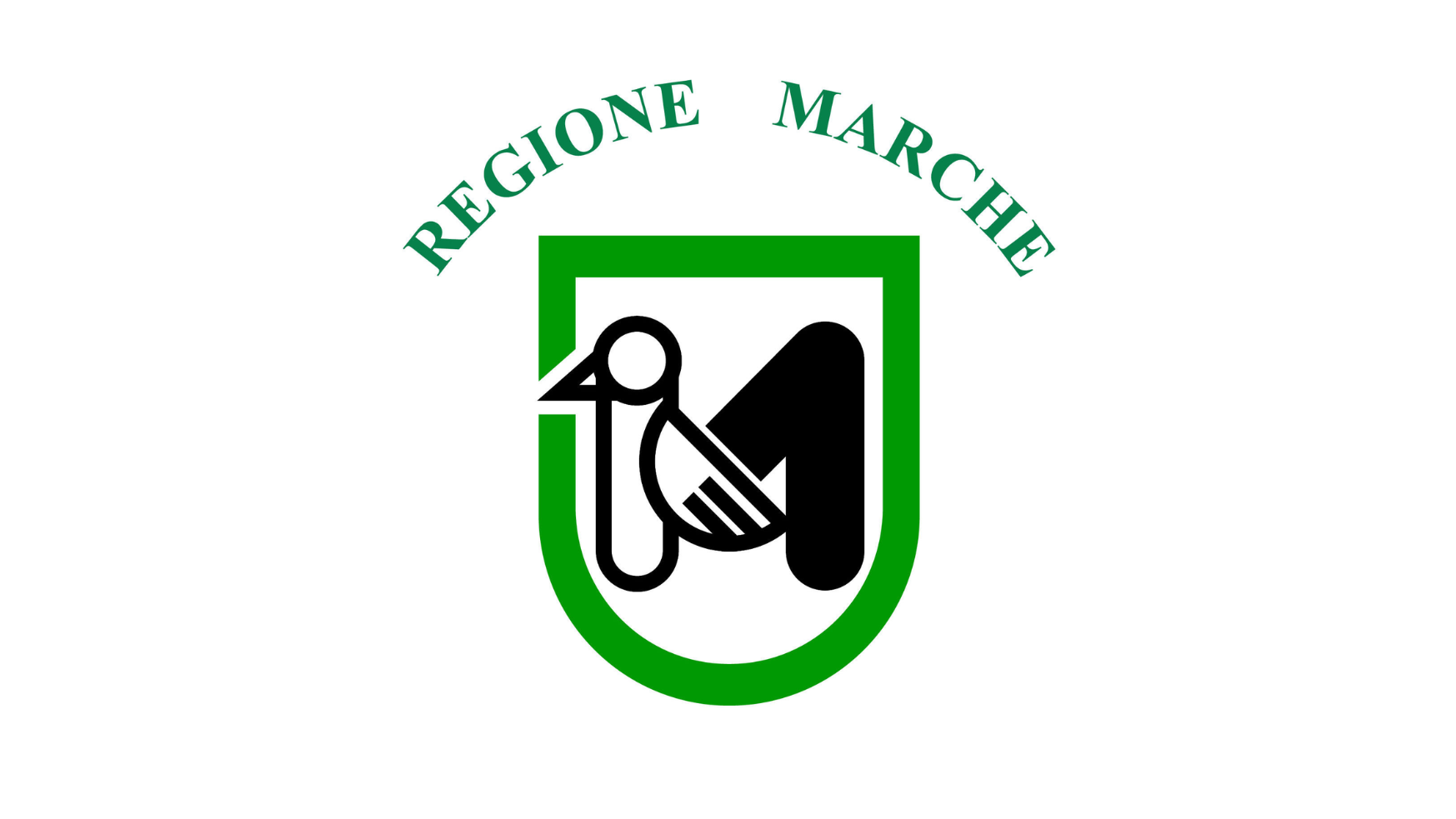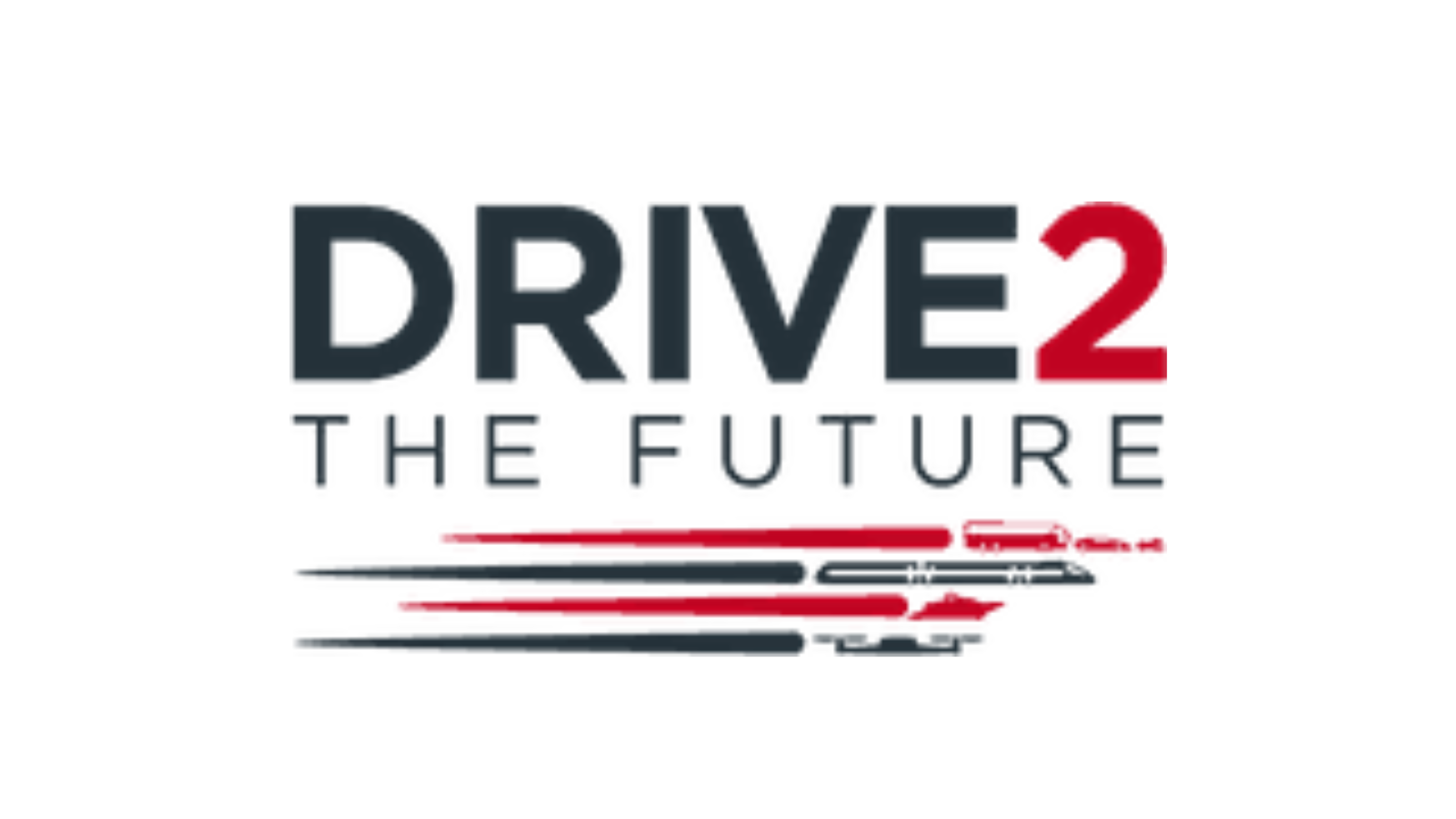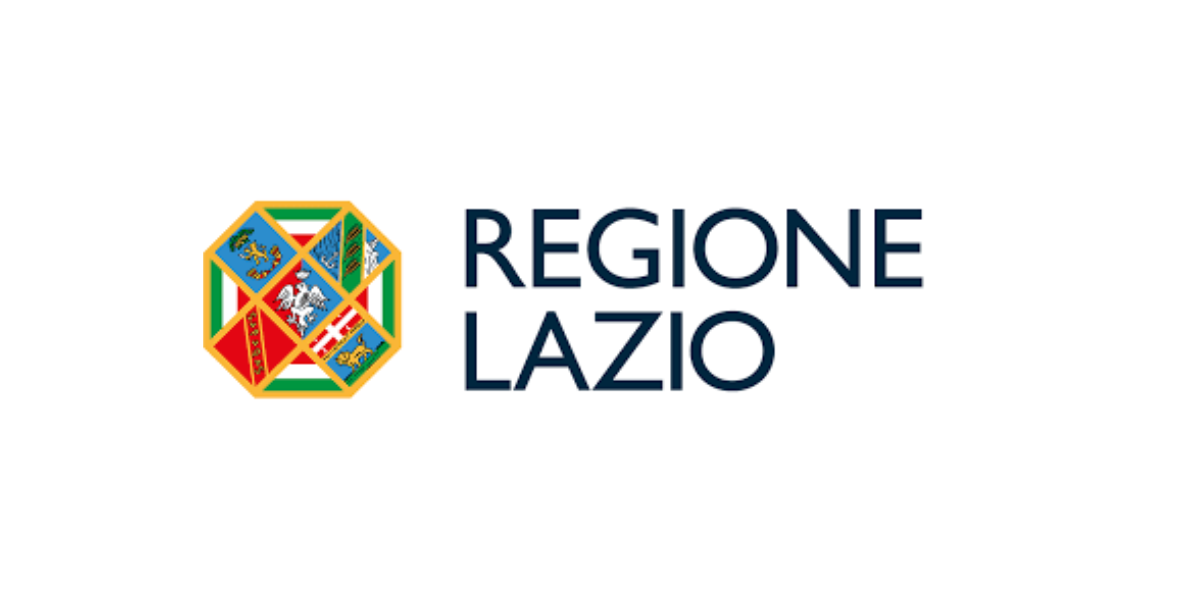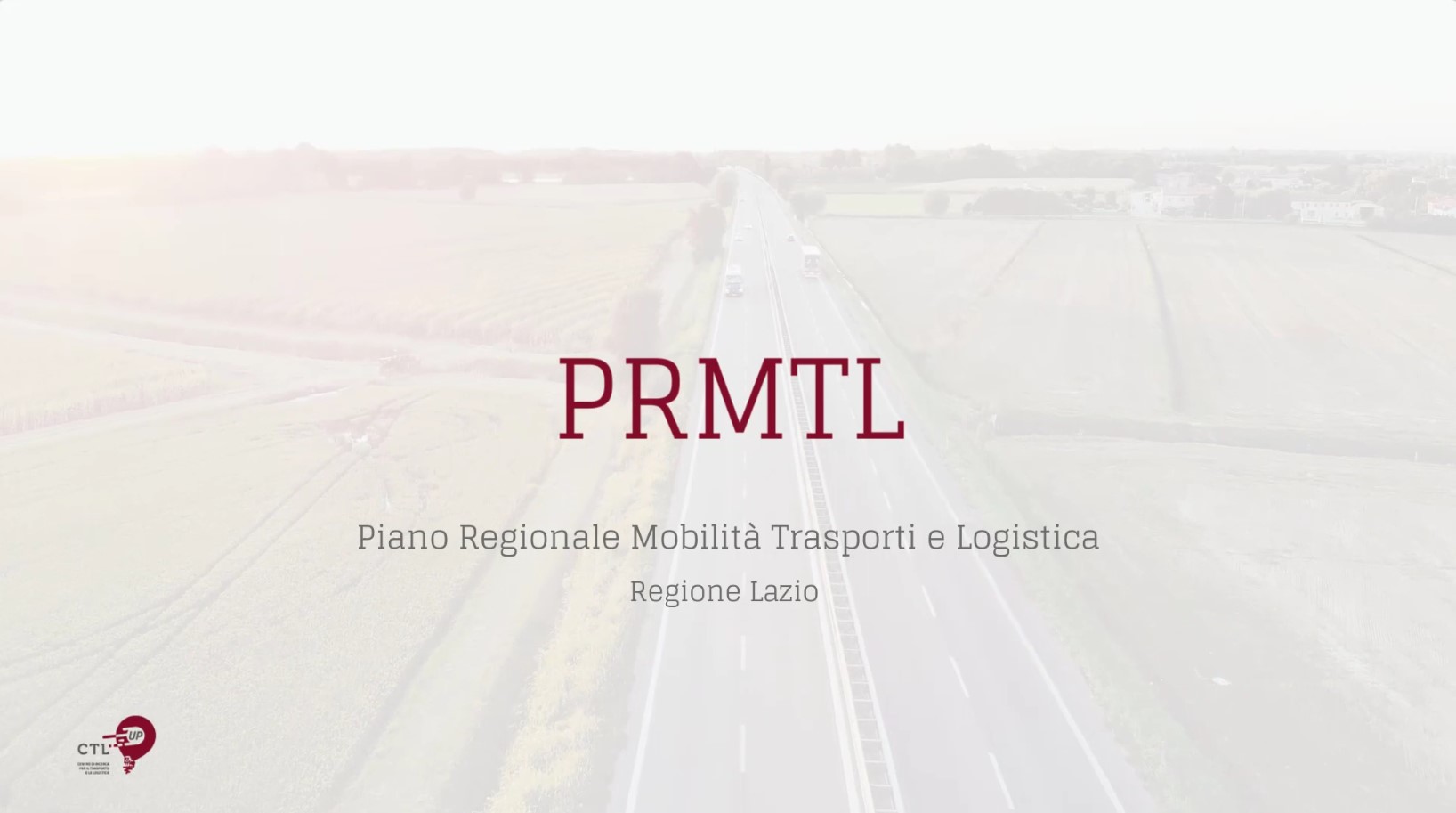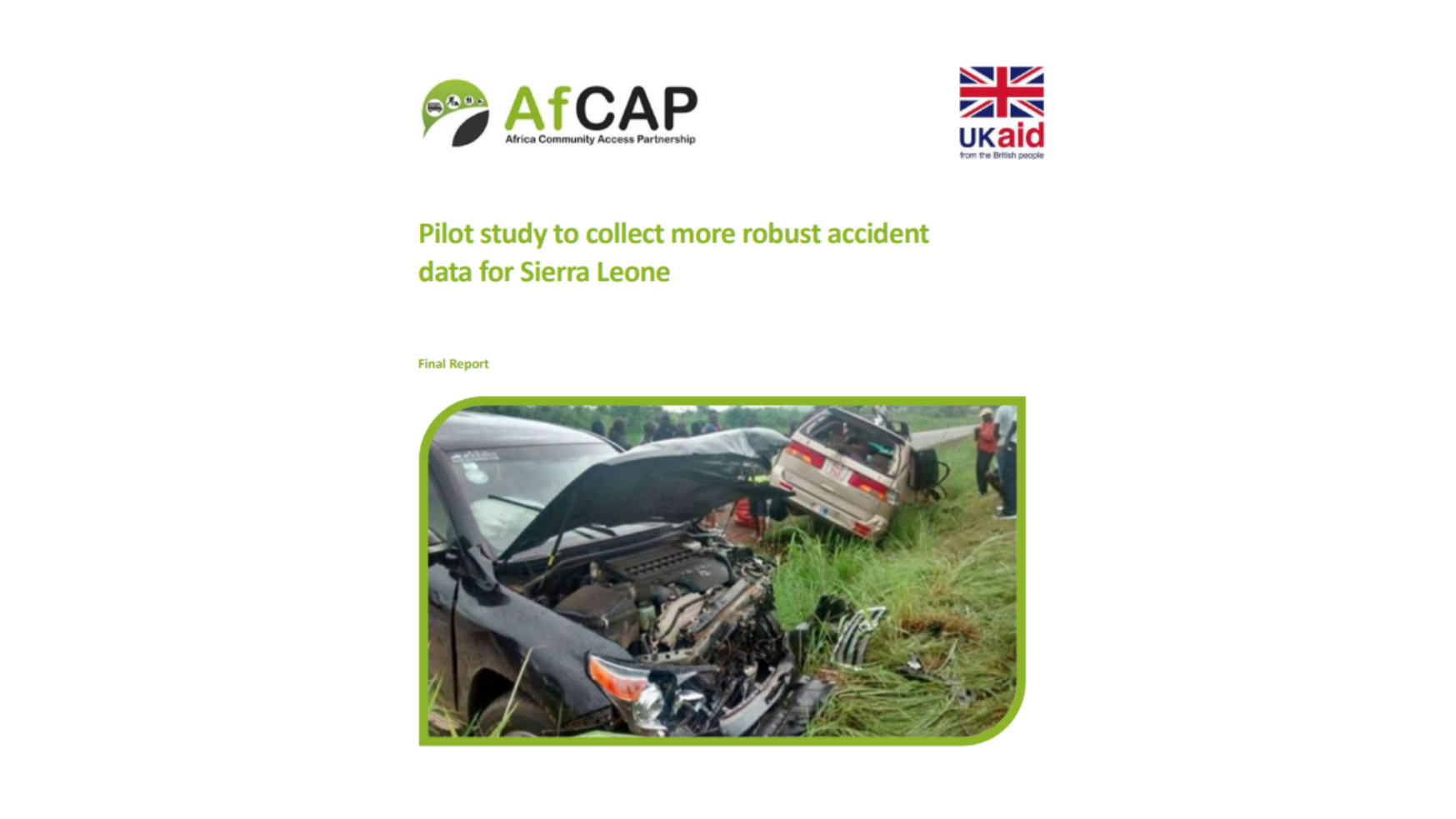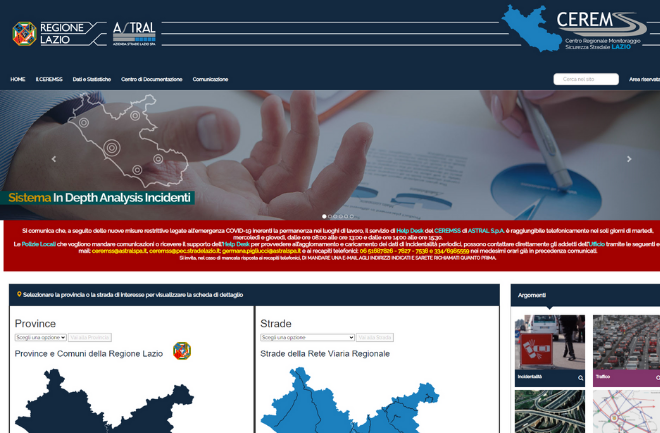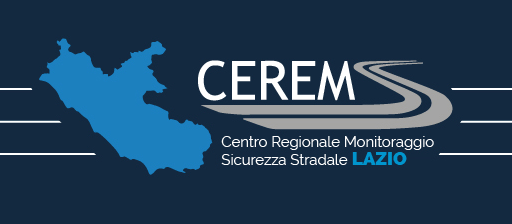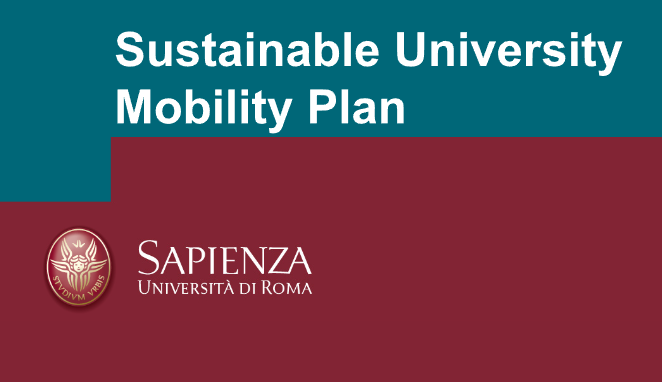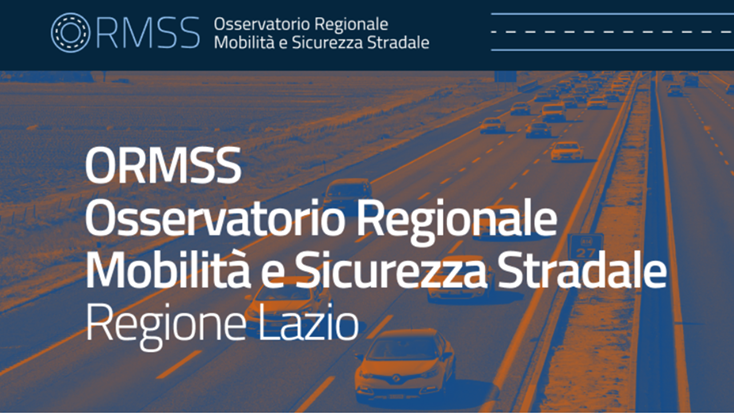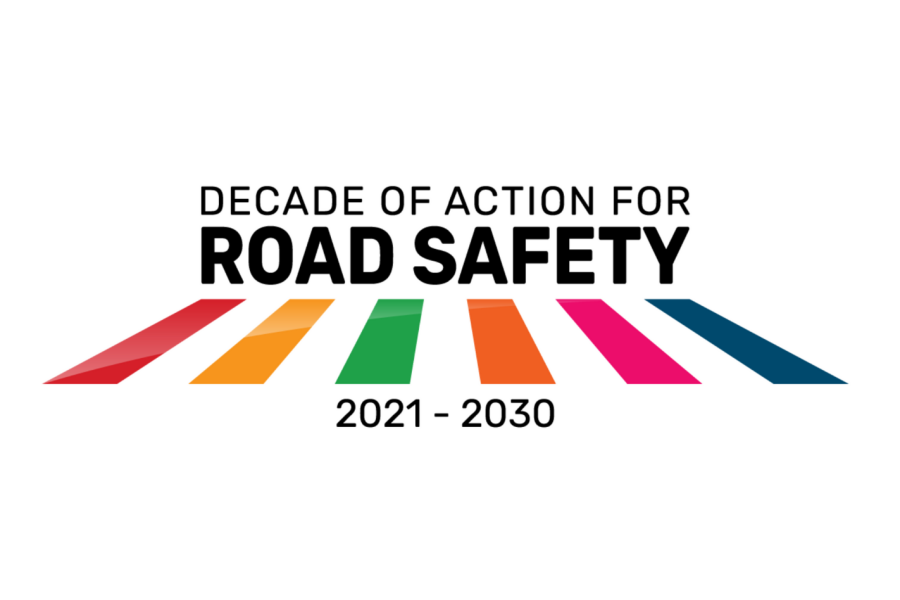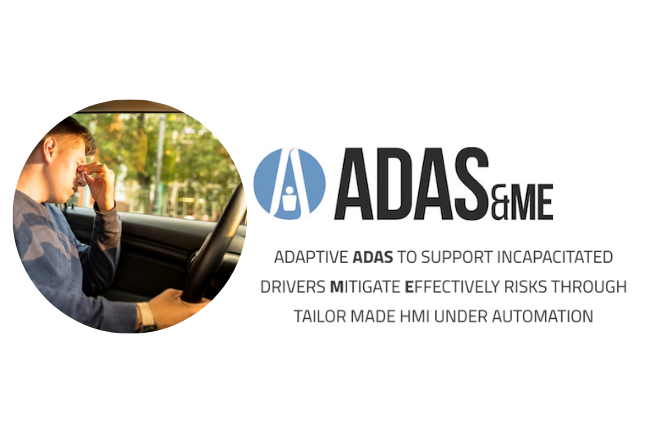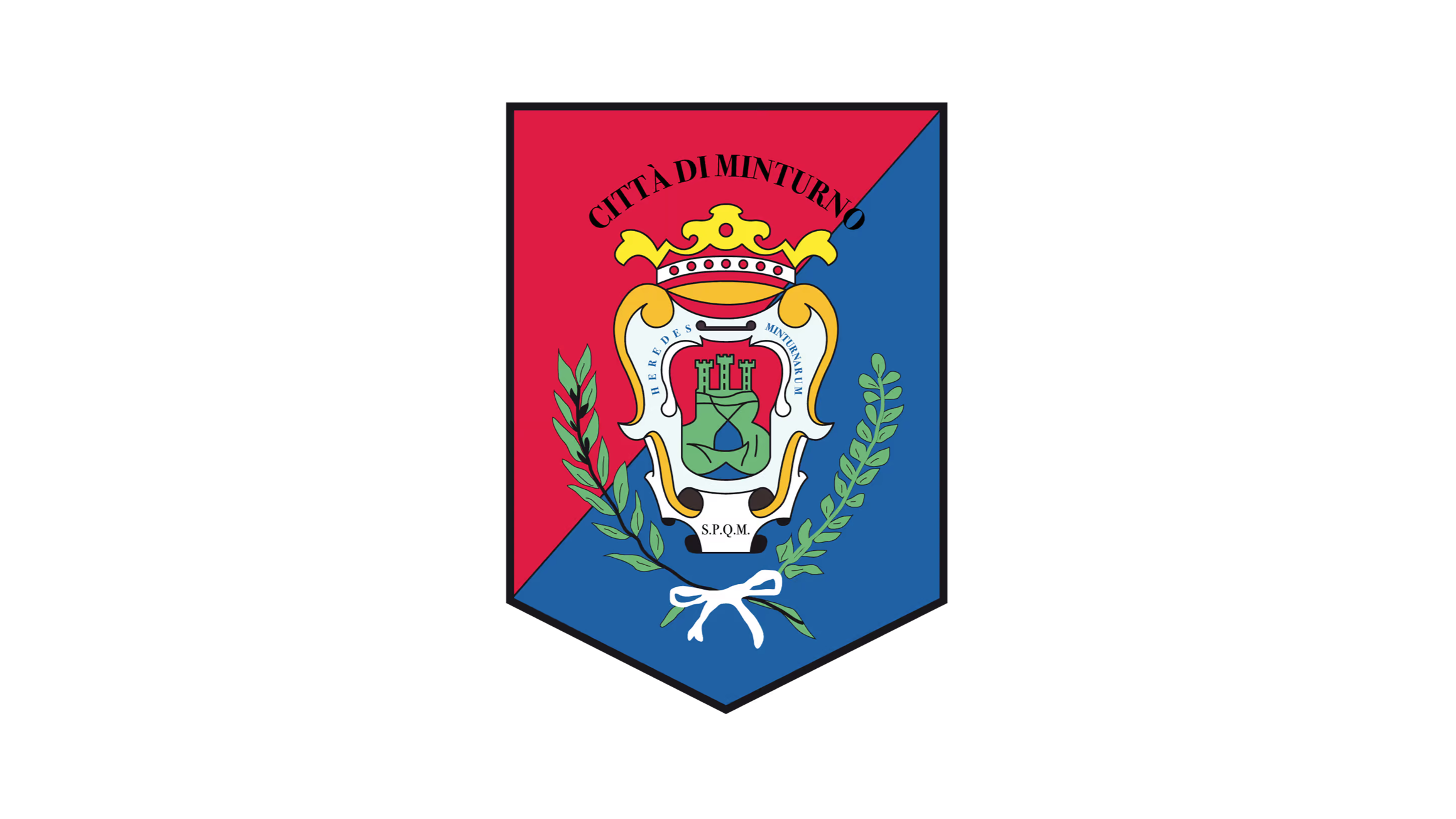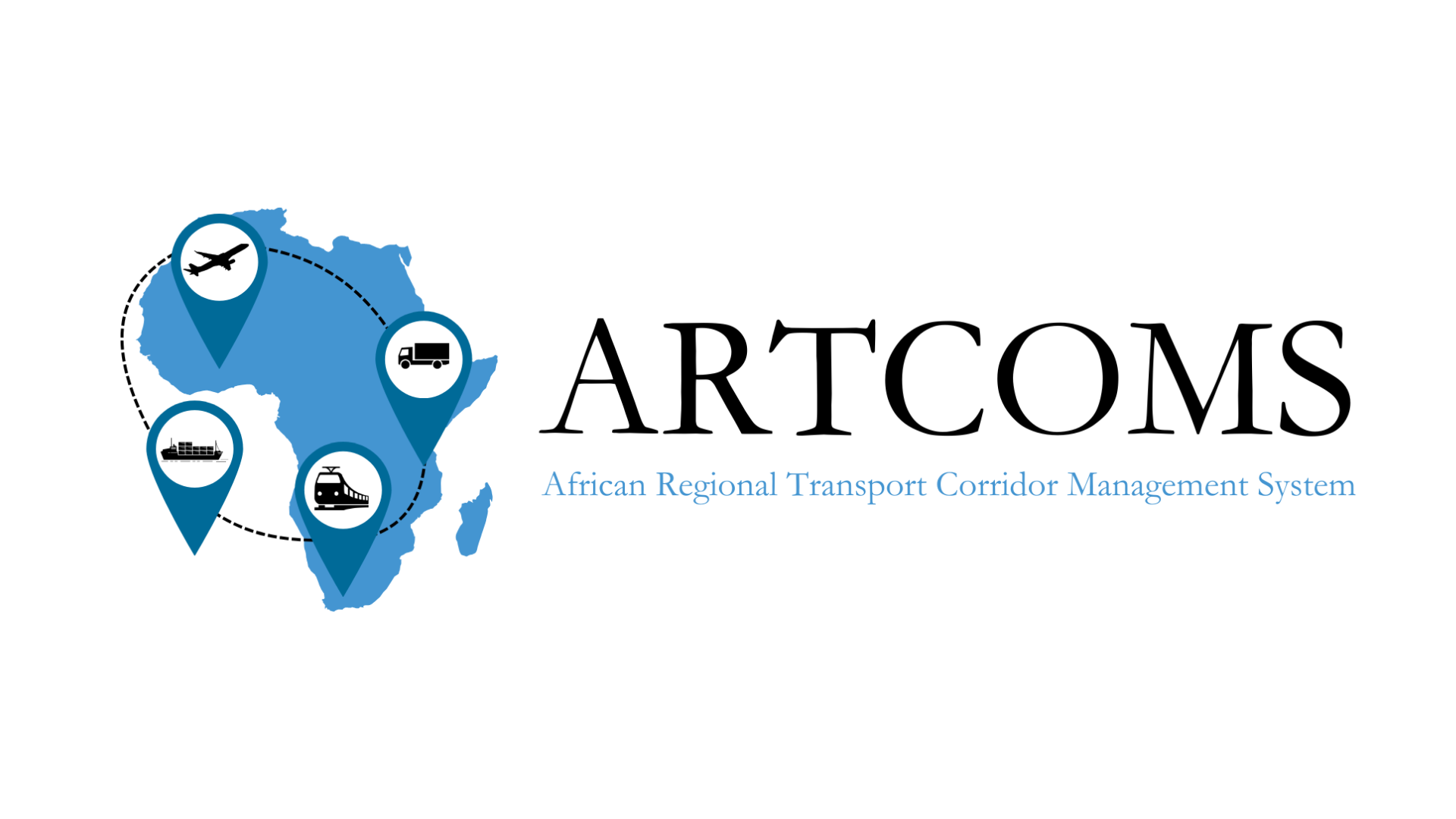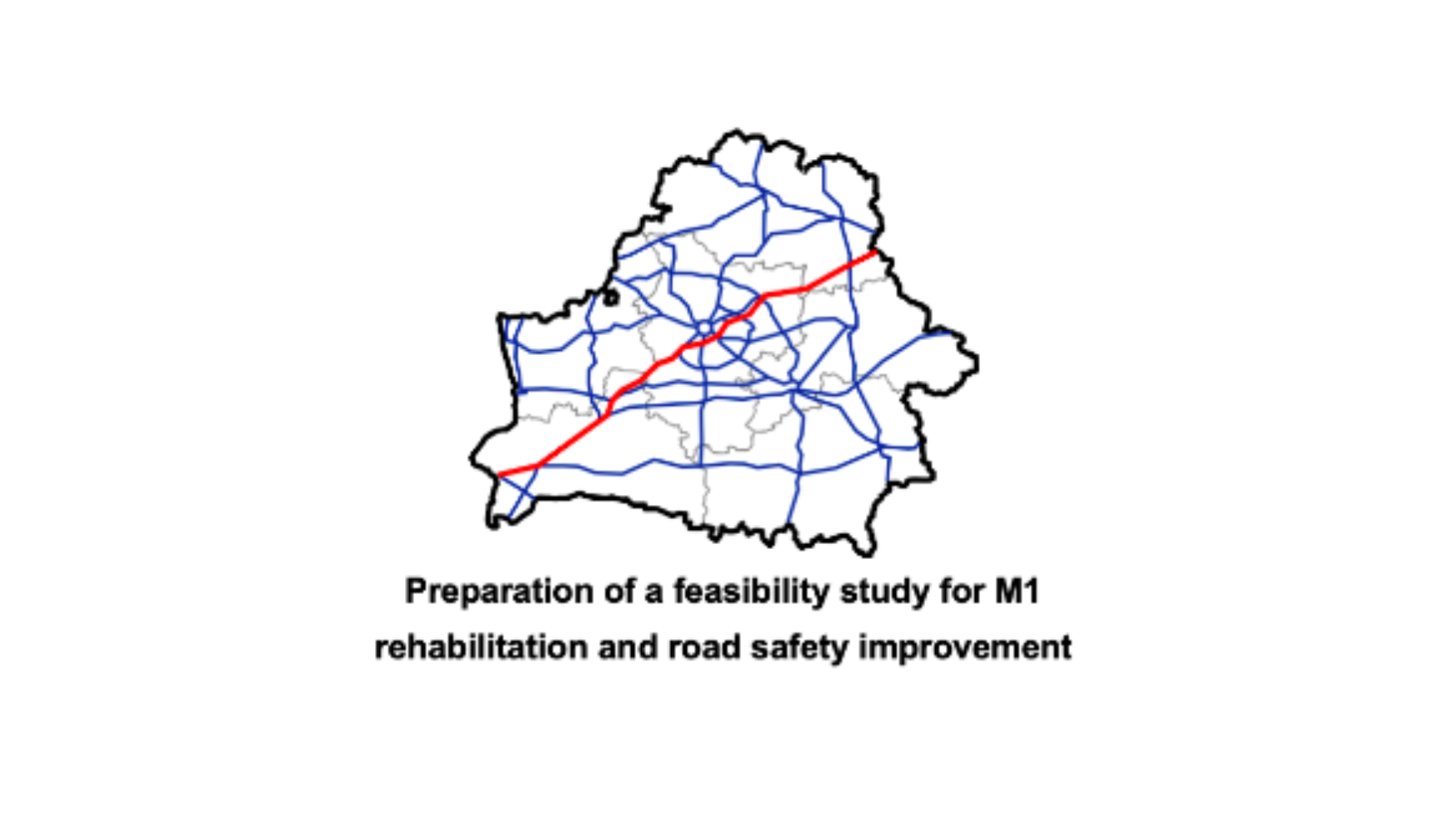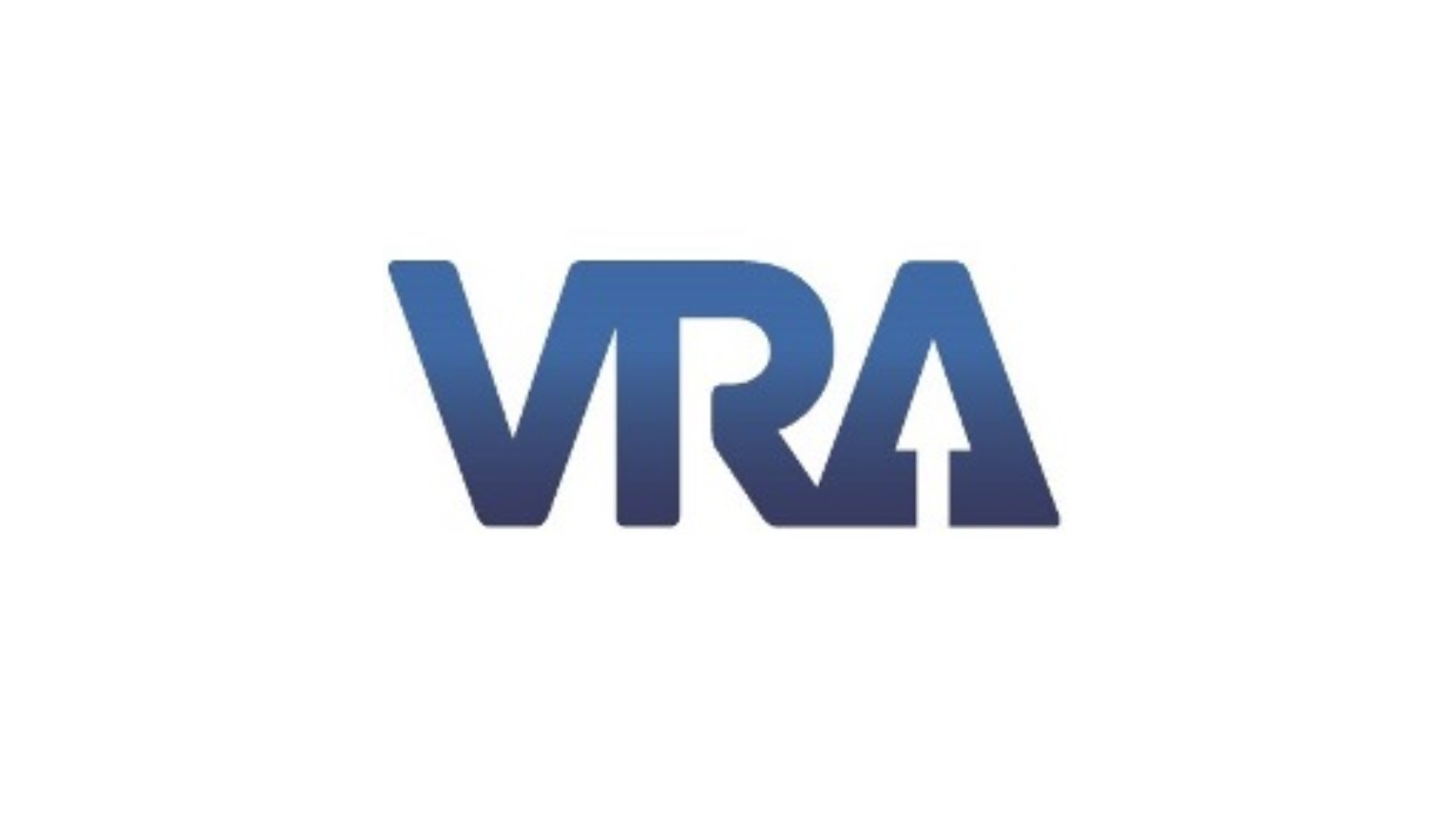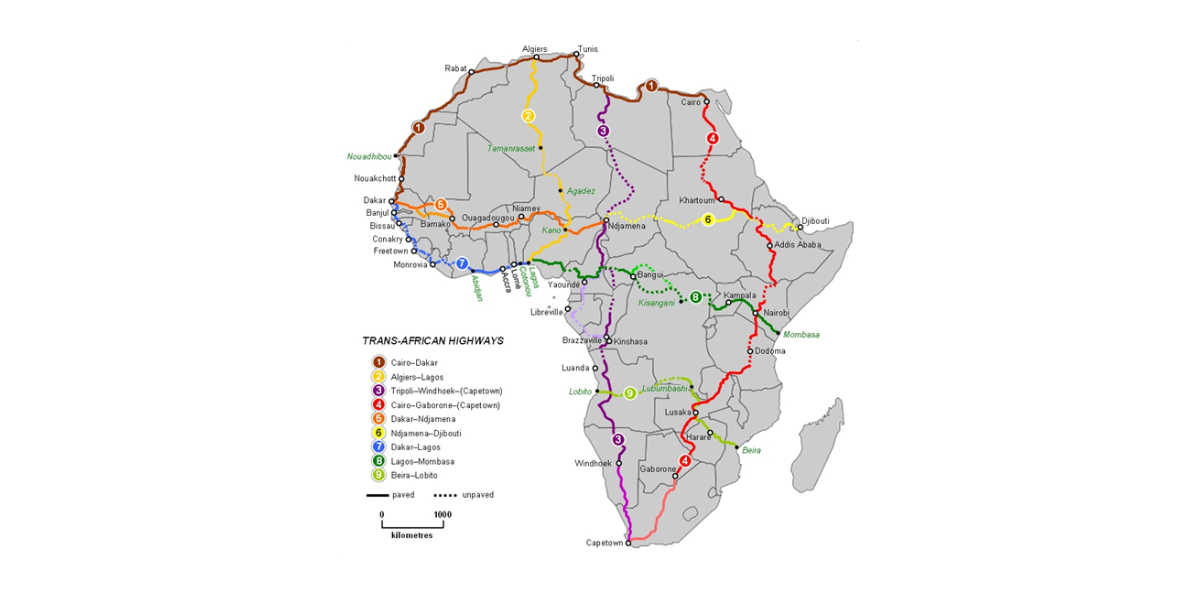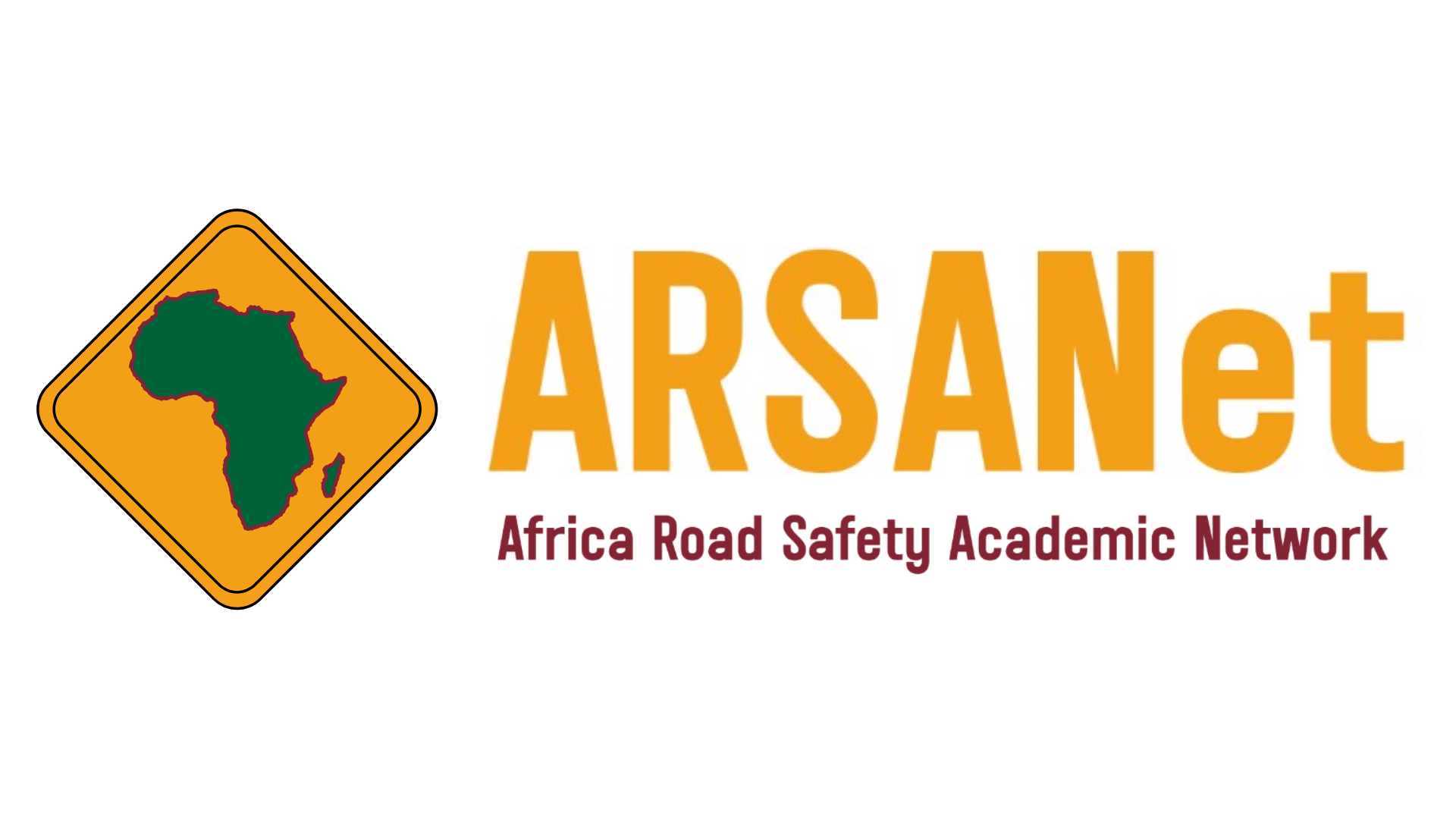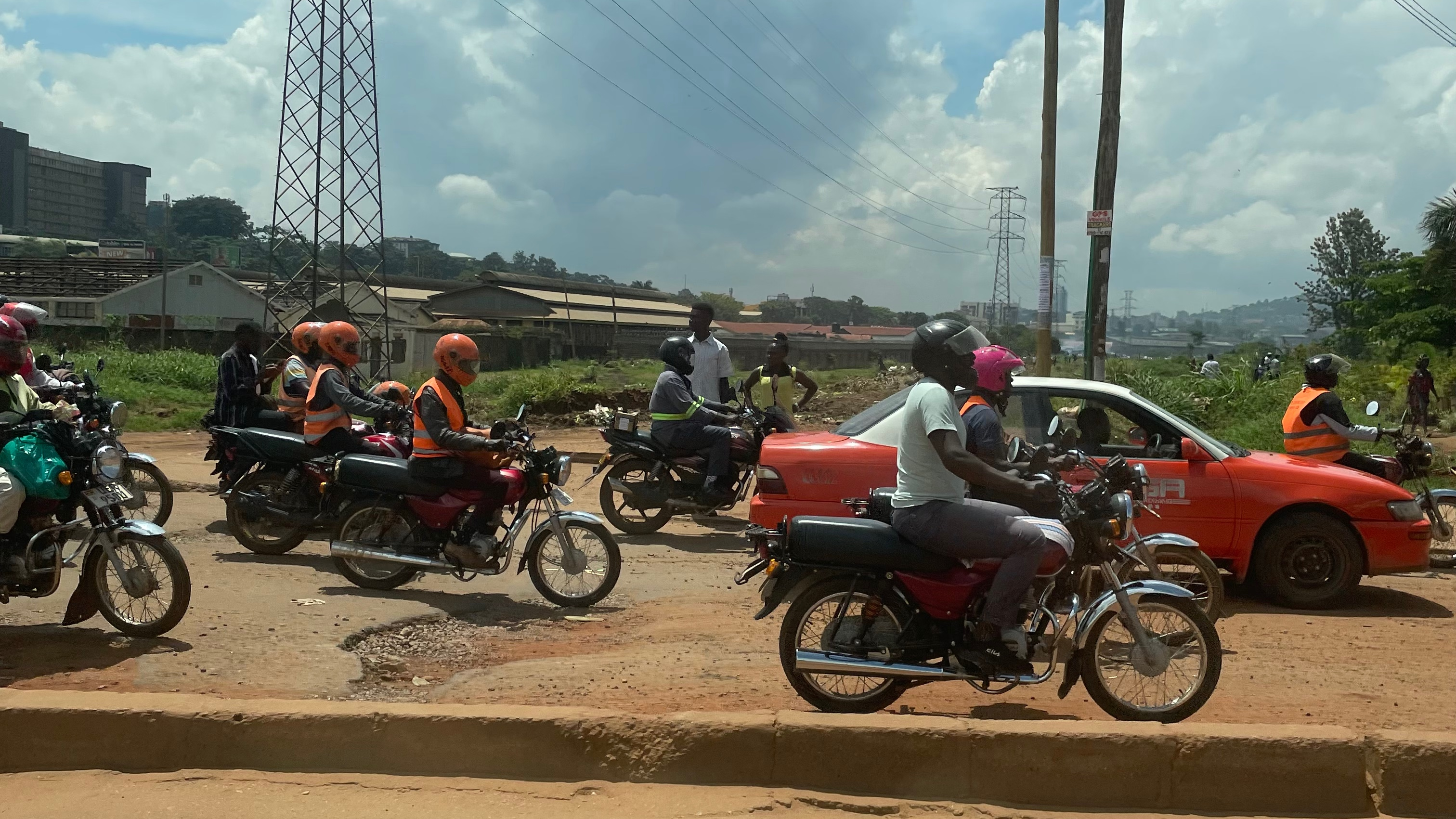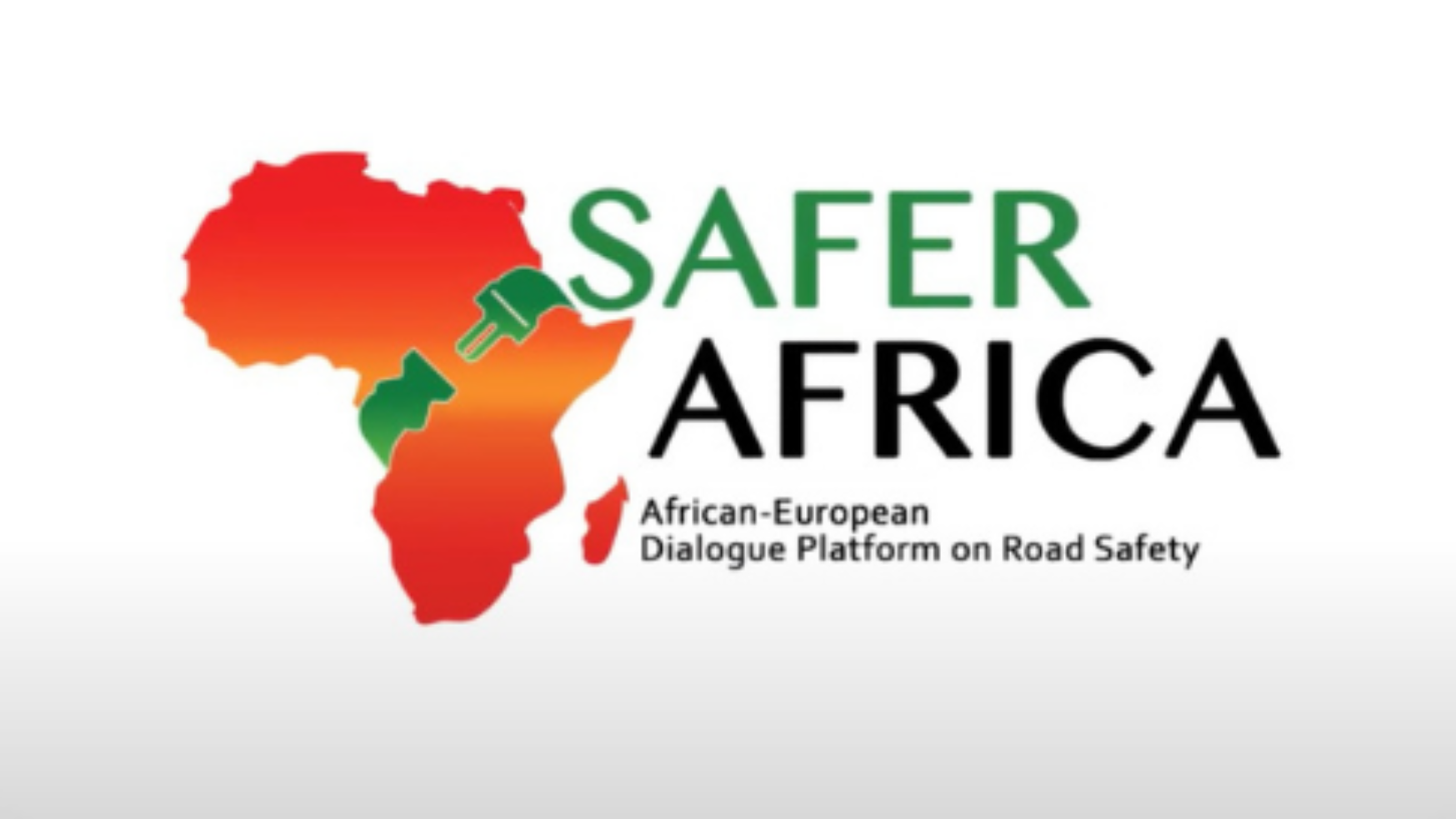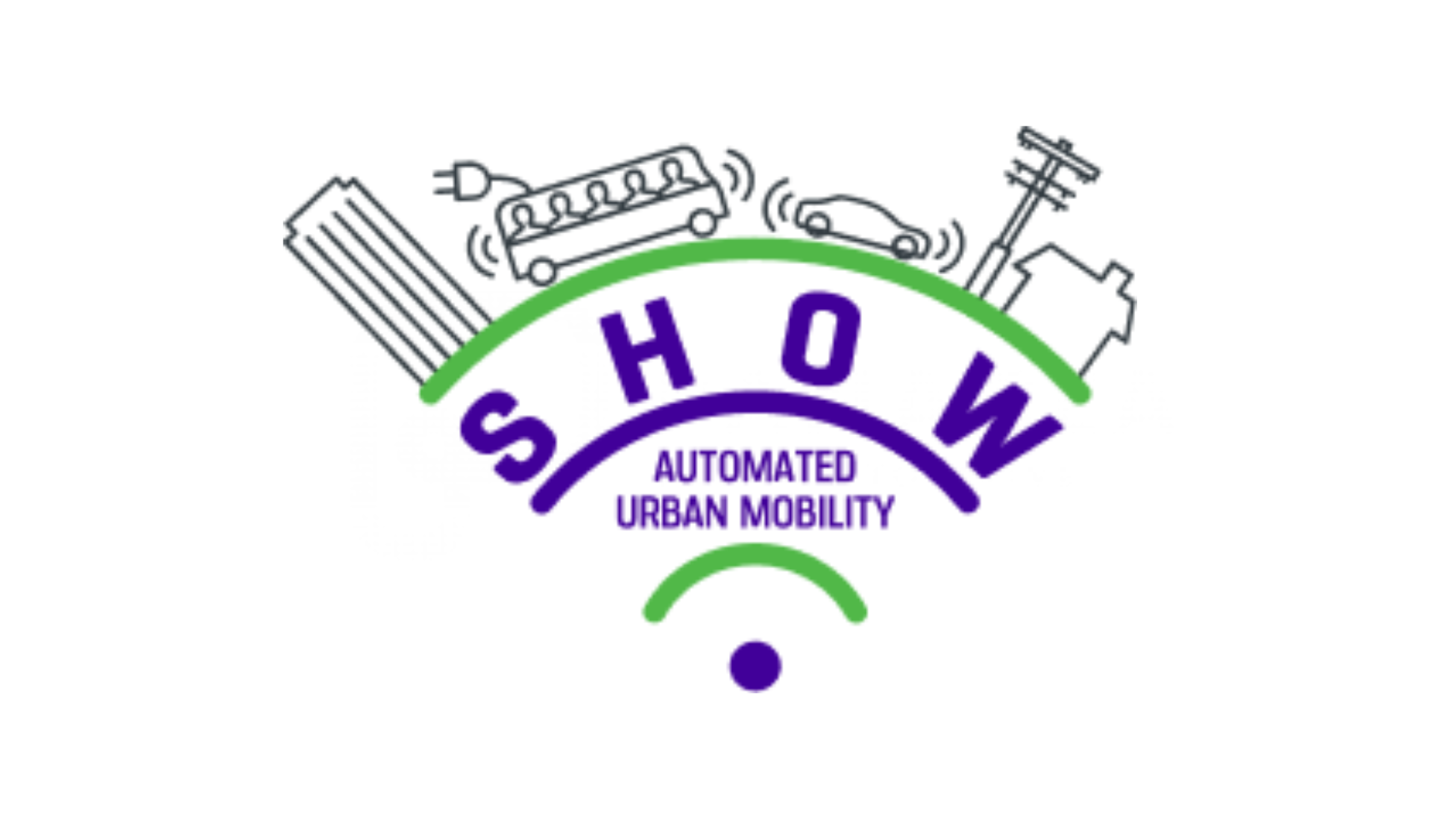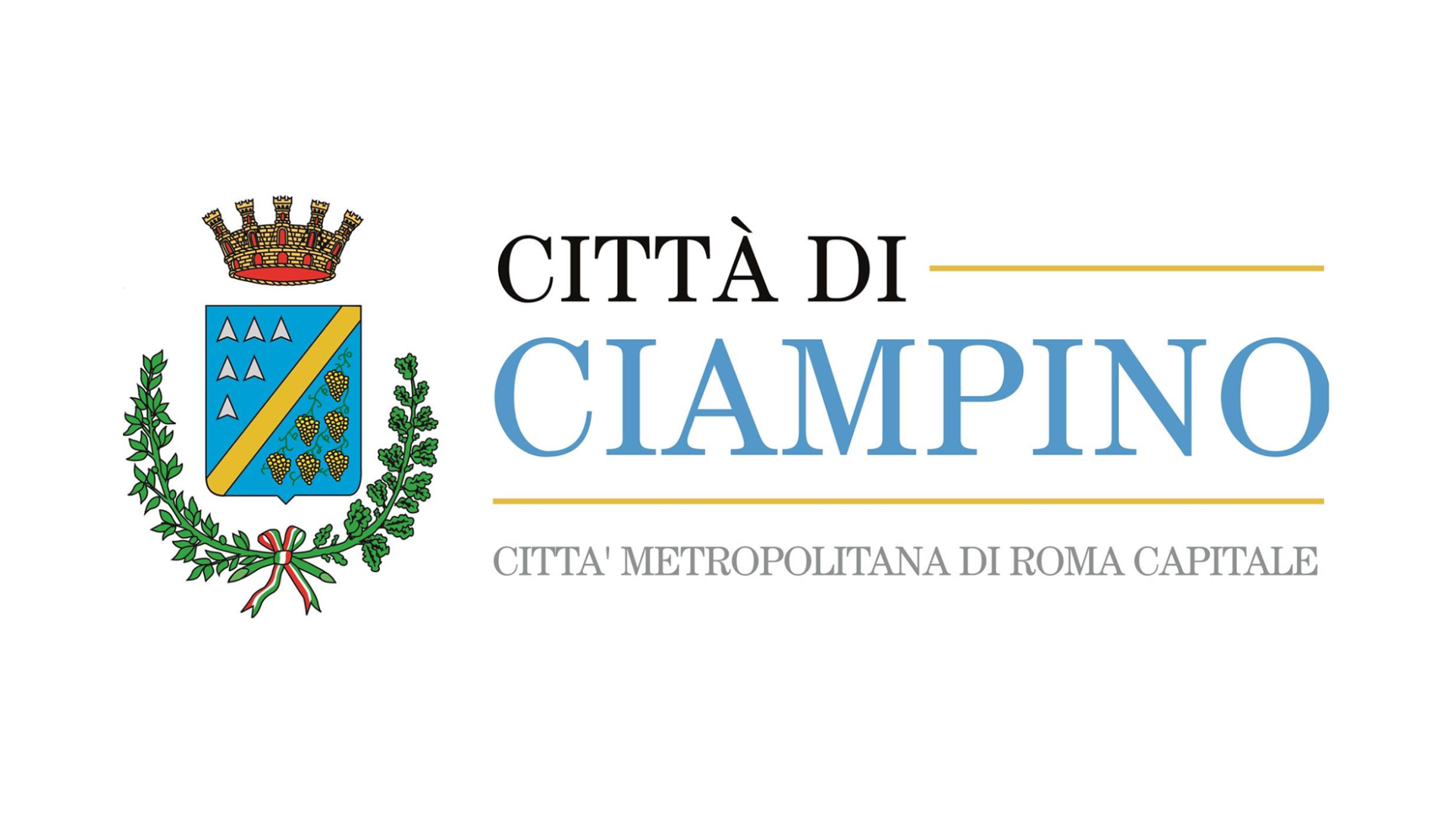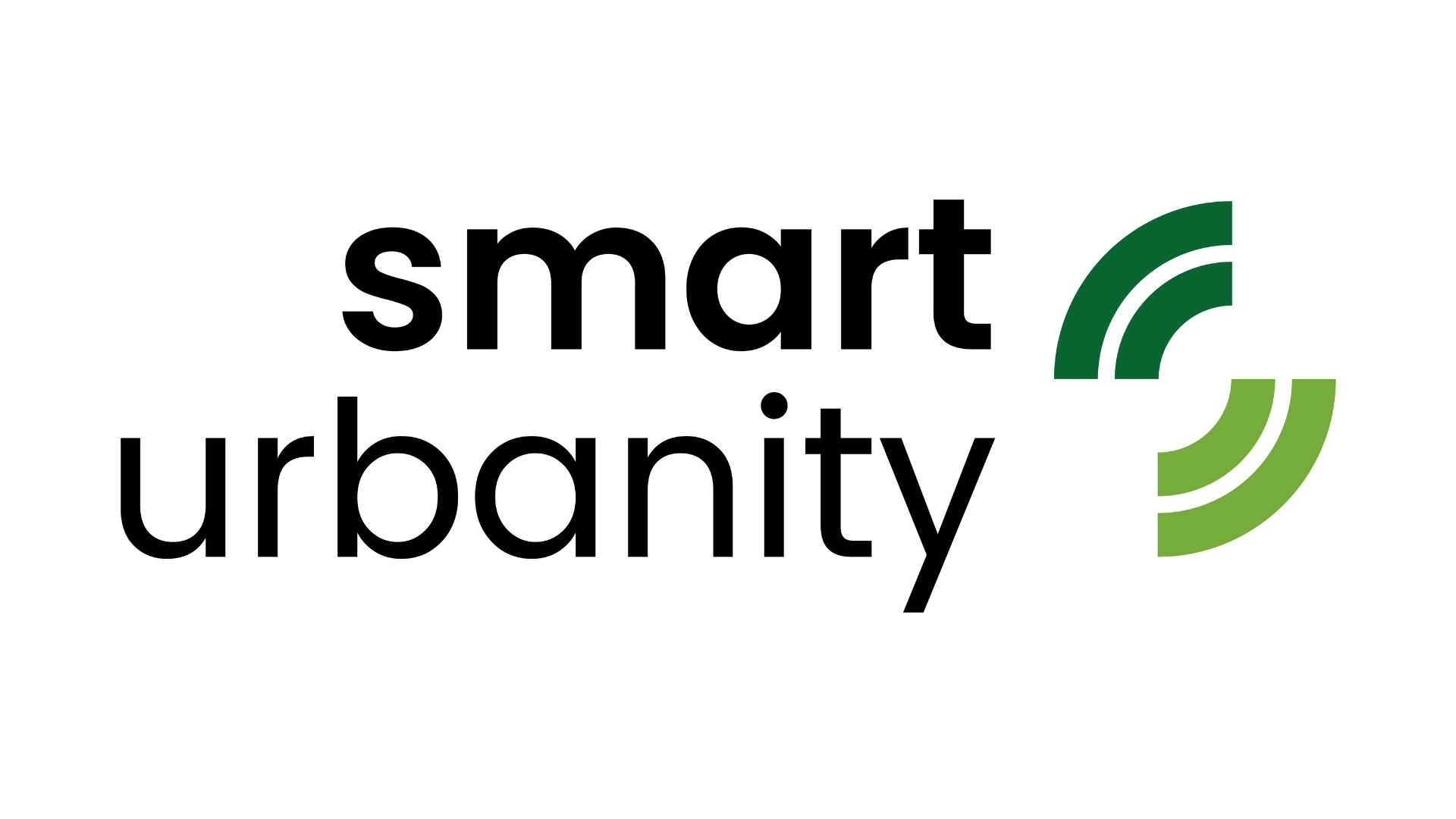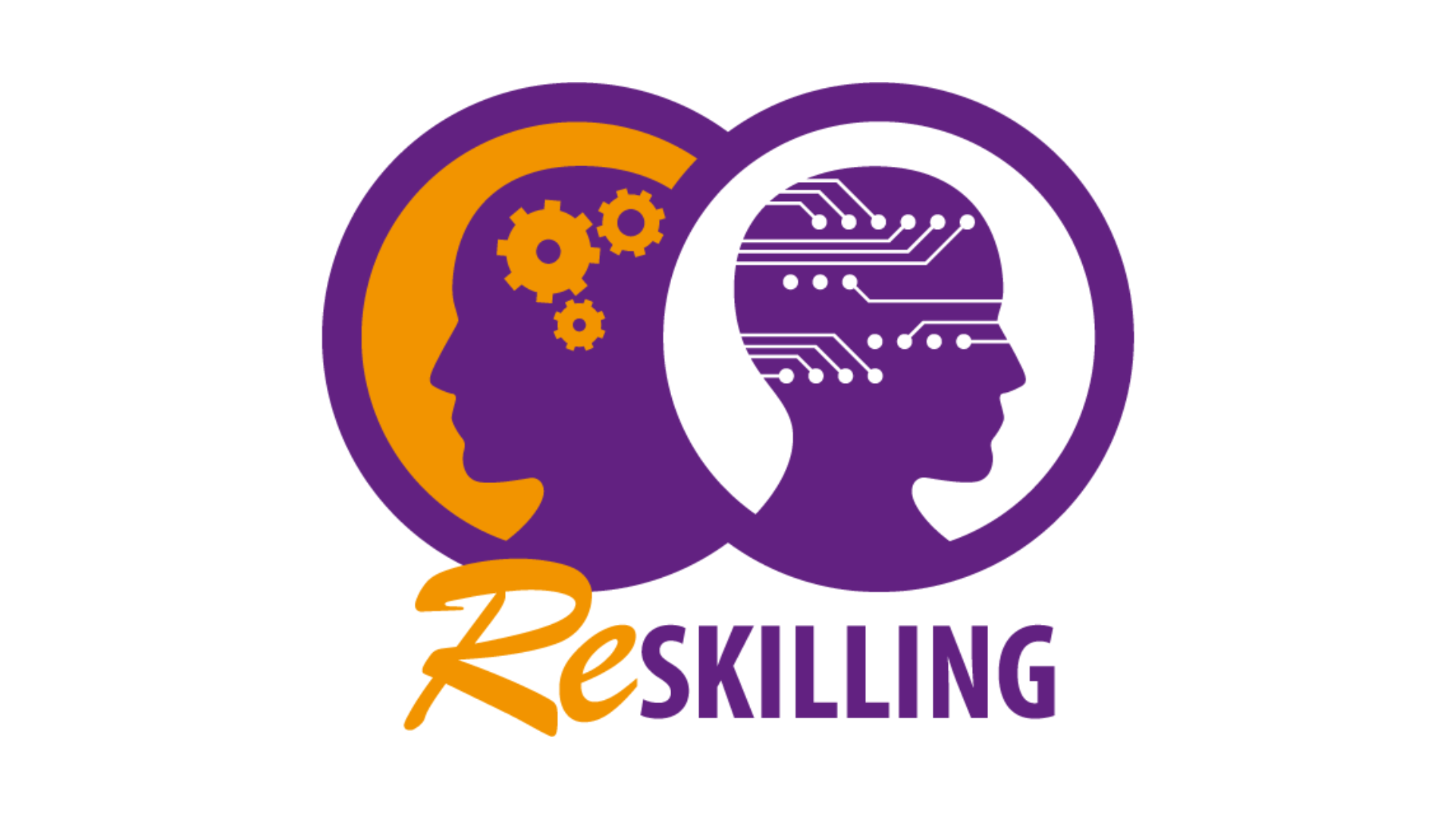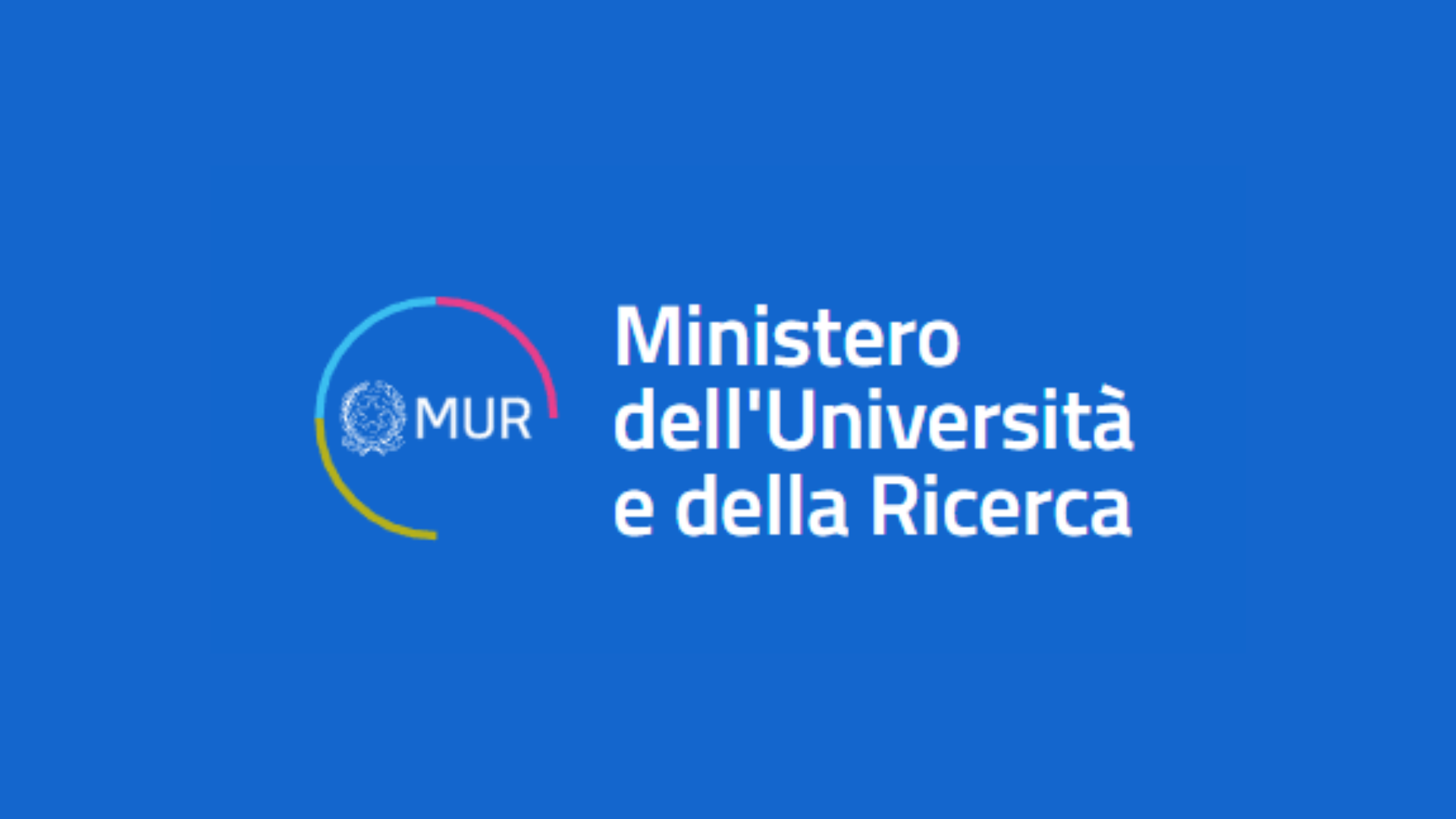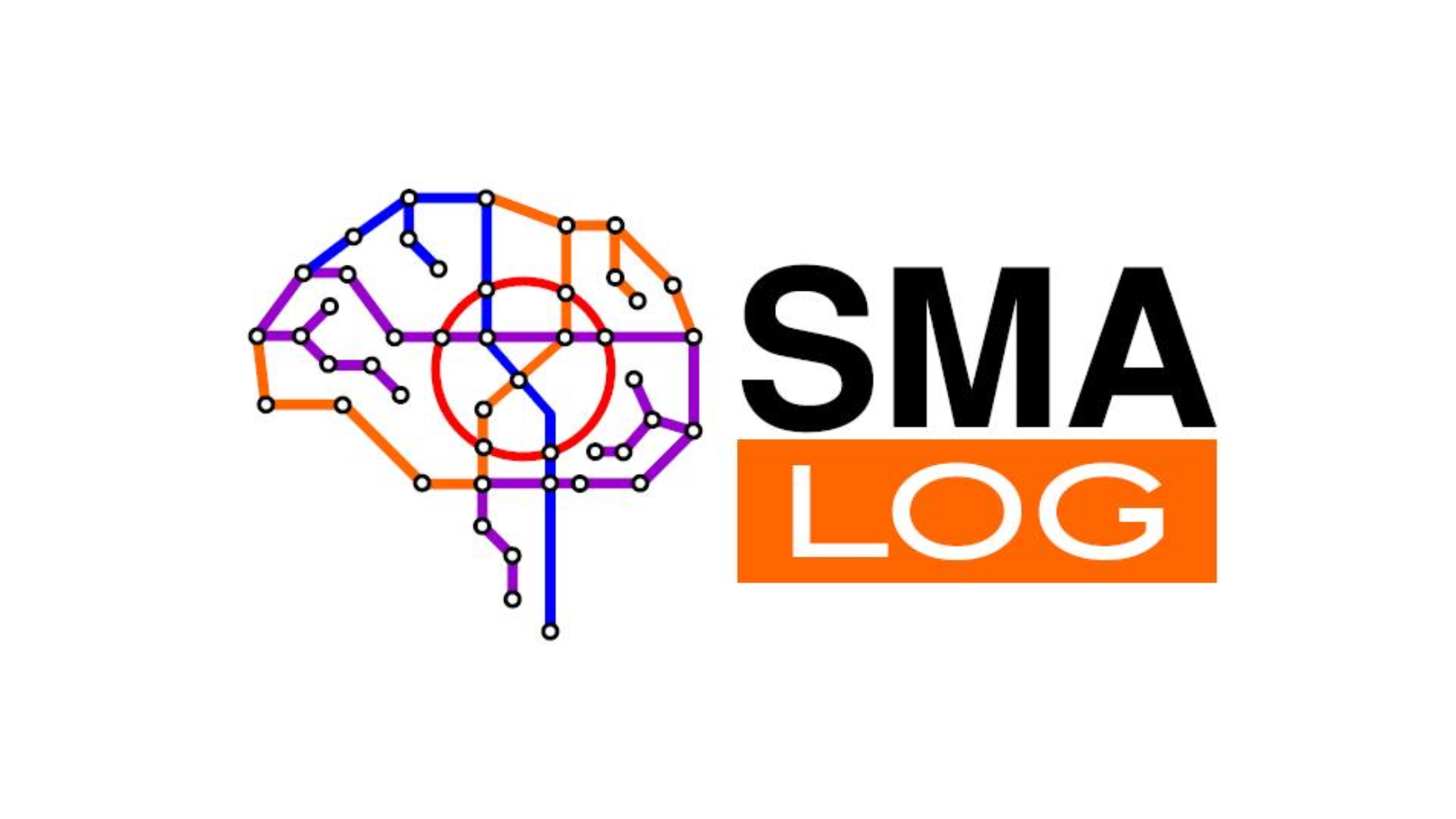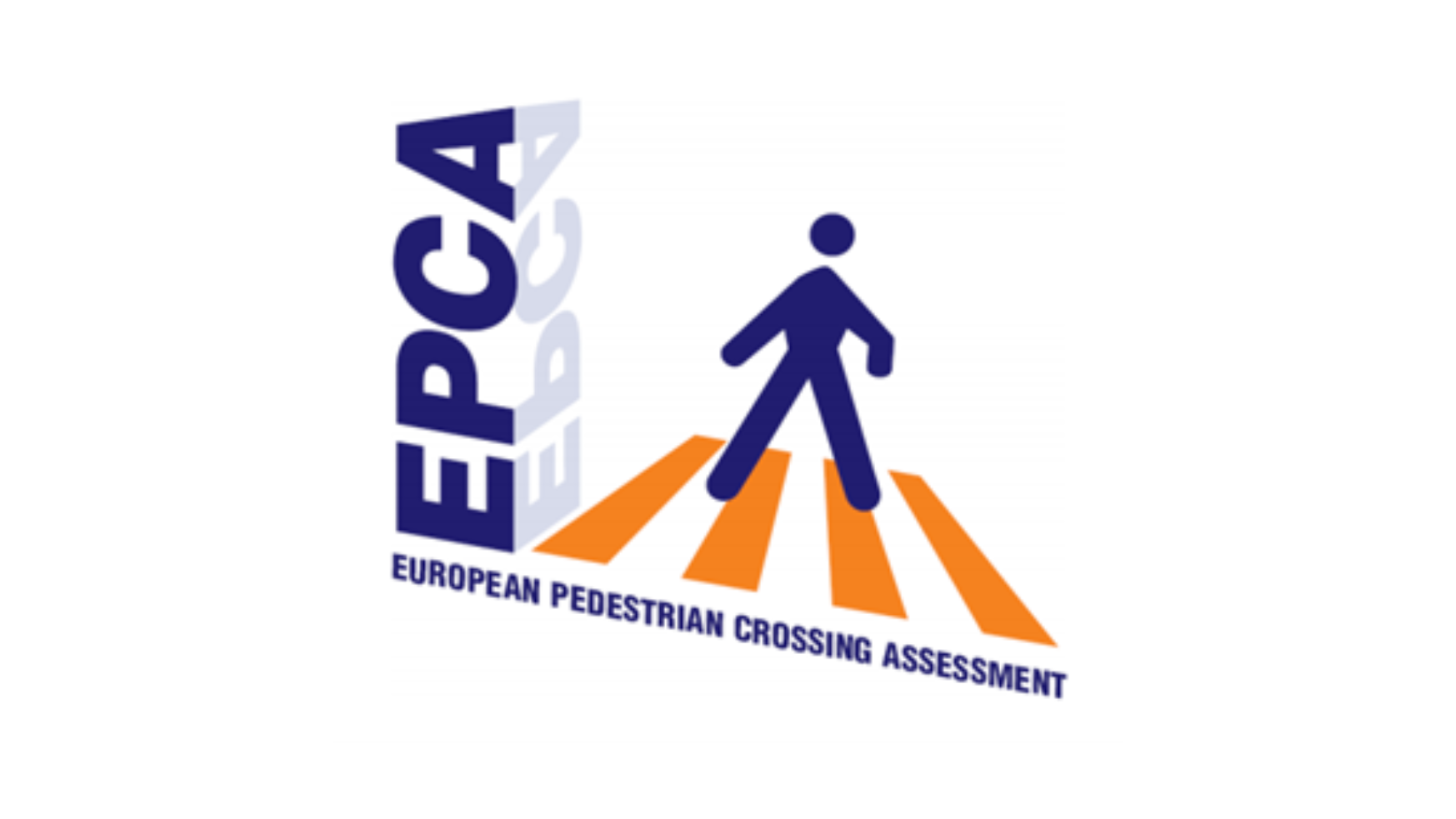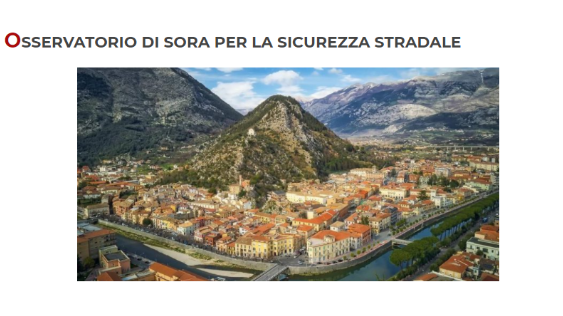The problem
According to the evolving ERTRAC roadmap on Connected, Cooperative & Automated Mobility (CCAM), which is in agreement and supplementing the Strategic Research and Innovation Agenda (SRIA) of the CCAM Partnership, the key enablers to resolve the Vision 2050 challenges are namely infrastructure, Artificial Intelligence (AI) and validation that will need a permanent development in parallel to market solutions, as technologies, investments and business models need to go hand in hand.
According to the vision, in year 2050, vehicles are expected to have 100% real-time connectivity on the relevant road network, in order to allow the greatest possible extension of Automated Vehicles (AVs) Operational Design Domain (ODD) and, at the same time, the maximum benefits for all other connected vehicles.
Quite evidently, Physical and Digital (and Communication) Infrastructure (PDI) merit in the transport paradigm of tomorrow and the efficient penetration of CCAM is significant. Still, the lack of understanding and clear guidance to the PDI adaptors on which are the priority and worth investing adaptations for their specific application context and considering the current and target CCAM readiness, in alignment with their roadmaps and the evolving roadmaps of the Original Equipment Manufacturers (OEMs), is considered as one of the most fundamental barrier in this direction.
Our approach
AUGMENTED CCAM project aims to understand, harmonise and evaluate in an augmented manner, adapted and novel support concepts of Physical, Digital and Communication infrastructure, to advance its readiness for large scale deployment of CCAM solutions for all.
The above aim will be accommodated by the following objectives:
- To explore, understand, elaborate, extend and harmonise PDI terminology, clustering and support levels that will support co-determined PDI requirements and adaptations.
- To define an open sharing technology agnostic service operational framework and architecture for PDI enabled CCAM services and solutions, addressing the needs of all CCAM actors and modes.
- To develop optimised and novel PDI support solutions, aiming to enhance the AVs ODD and the whole transport system functional safety by deploying AI and Big Data advanced techniques to leverage situational awareness, prediction and actuation.
- To evaluate the proposed PDI based CCAM solutions applying an augmented and multi-layered operational and evaluation framework, that will deploy a vast spectrum of physical (in highways, controlled areas and Living Labs, rural/peri-urban contexts) and virtual (DT, AV and driving simulators) test beds, supported by crowdsourced HD maps and microscopic and macroscopic traffic simulation activities.
- To assess the impacts of the proposed PDI enhancements and novelties on CCAV ODD and CCAM operation on functional and traffic safety, driving behaviour, traffic efficiency, environmental footprint, service reliability, trust & security considering the socioeconomic benefits and costs of all participating actors in short, medium and long term horizon.
- To come up with a – commonly agreed by all actors – roadmap and recommendations towards a harmonised PDI for large scale CCAM demonstration and deployment; as well as a risk-aversion decision making tool and methodologies for policy making and CCAM – ready infrastructure investments against varying business model.
Partners
FEHRL (coordinator), University College Dublin, CERTH, Rupprecht-Consult-Forschung & Beratung GmbH, PTV GmbH, VTI, AIT – Austrian Institute of Technology, Centrum dopravního výzkumu v. v. i., Tecnalia, ZAG, Université Gustave Eiffel, CEREMA, Specisoft SA, WINGS, Latvijas Valsts ceļi, ETRA, ATLANDES, VUB, PRAGMA, Trinity College Dublin, EMT – Empresa Municipal de Transportes de Madrid SA, EDI, VALEO, LMT, Cofiroute SA, IRF – International Road Federation
